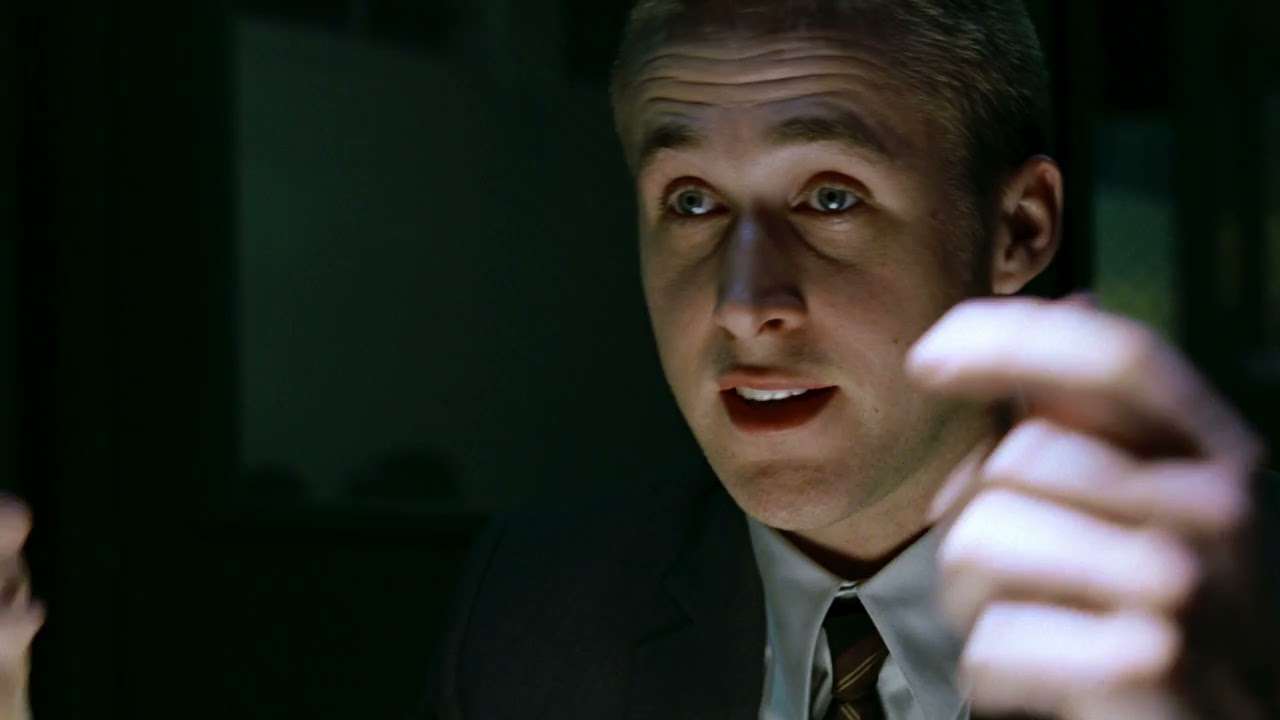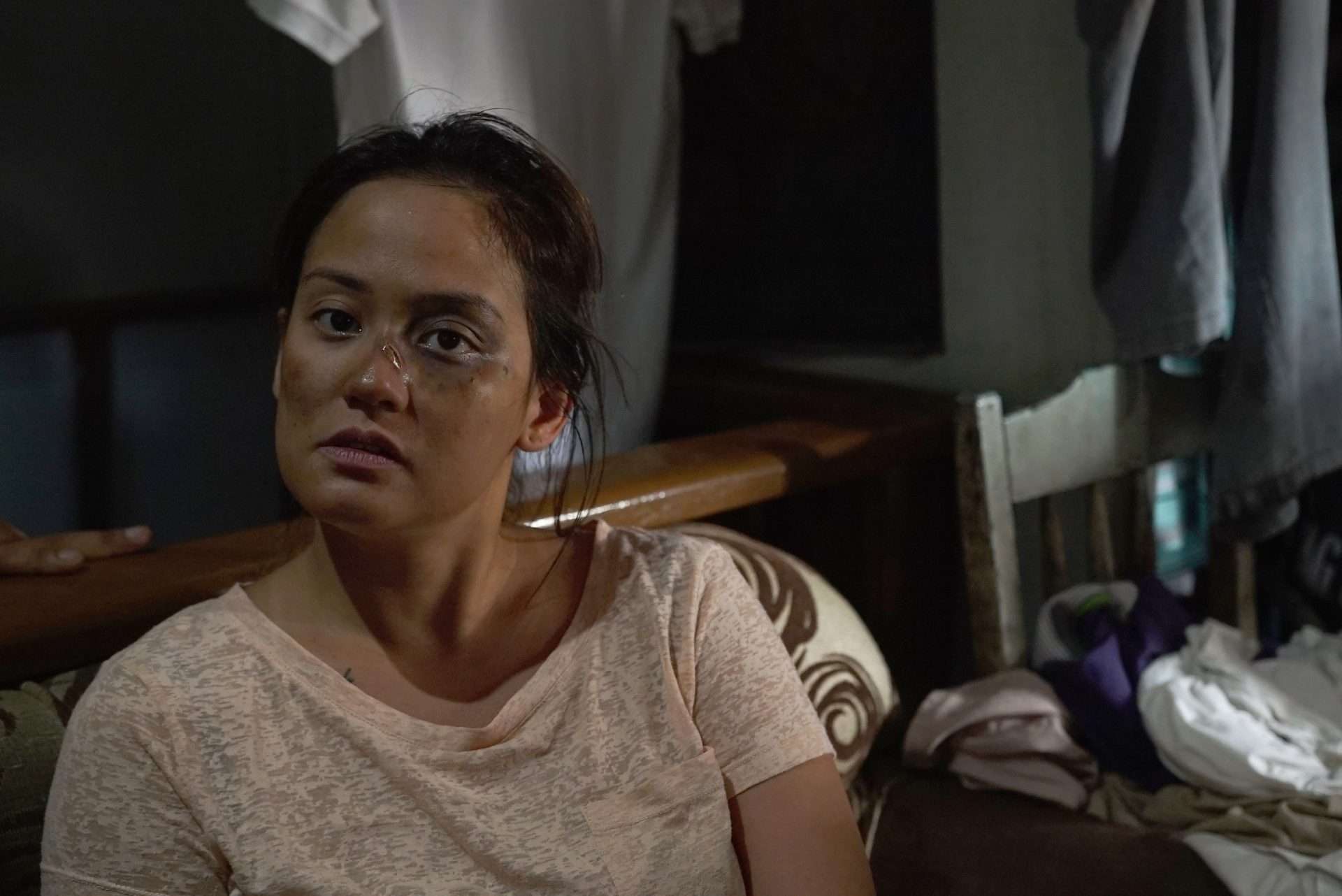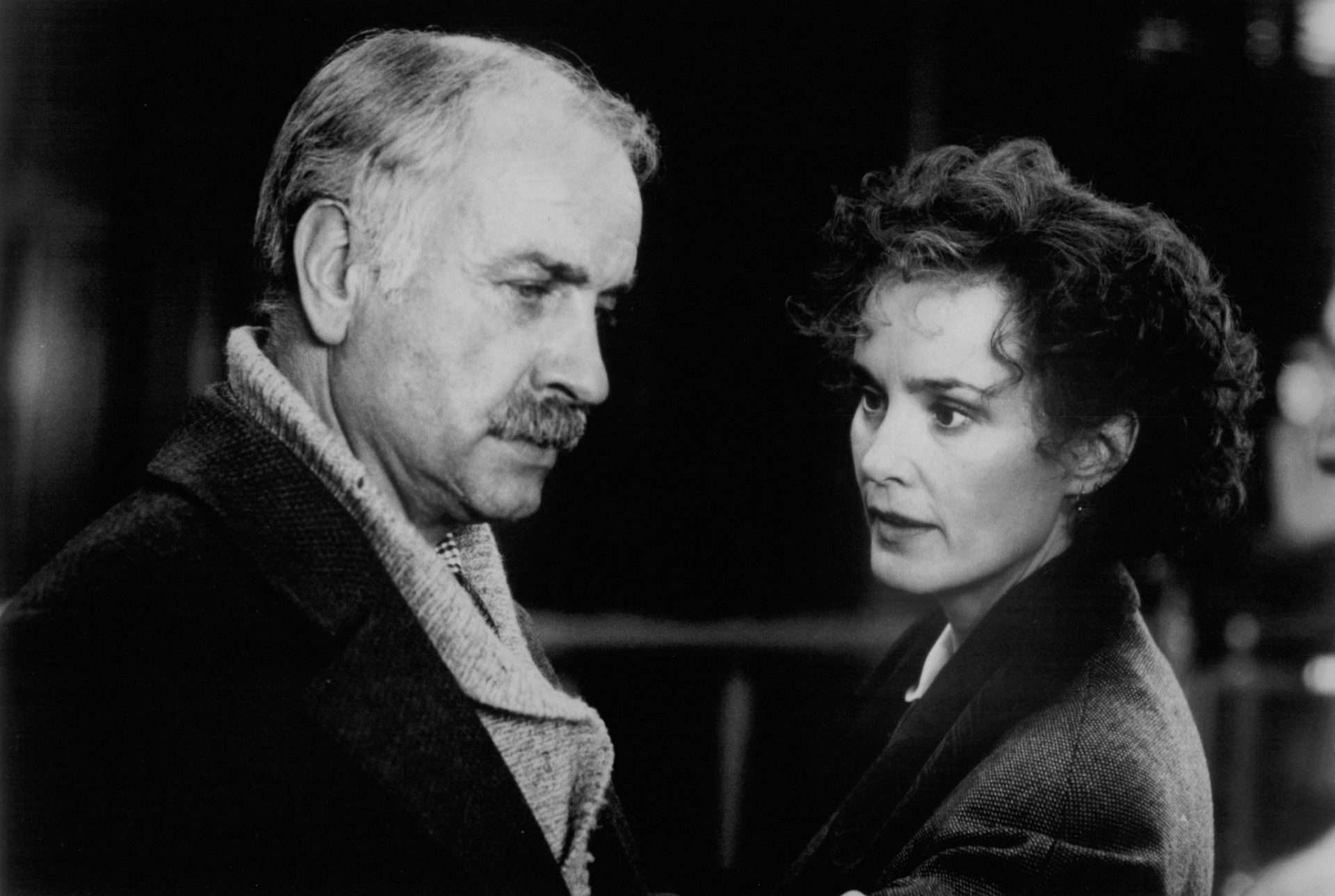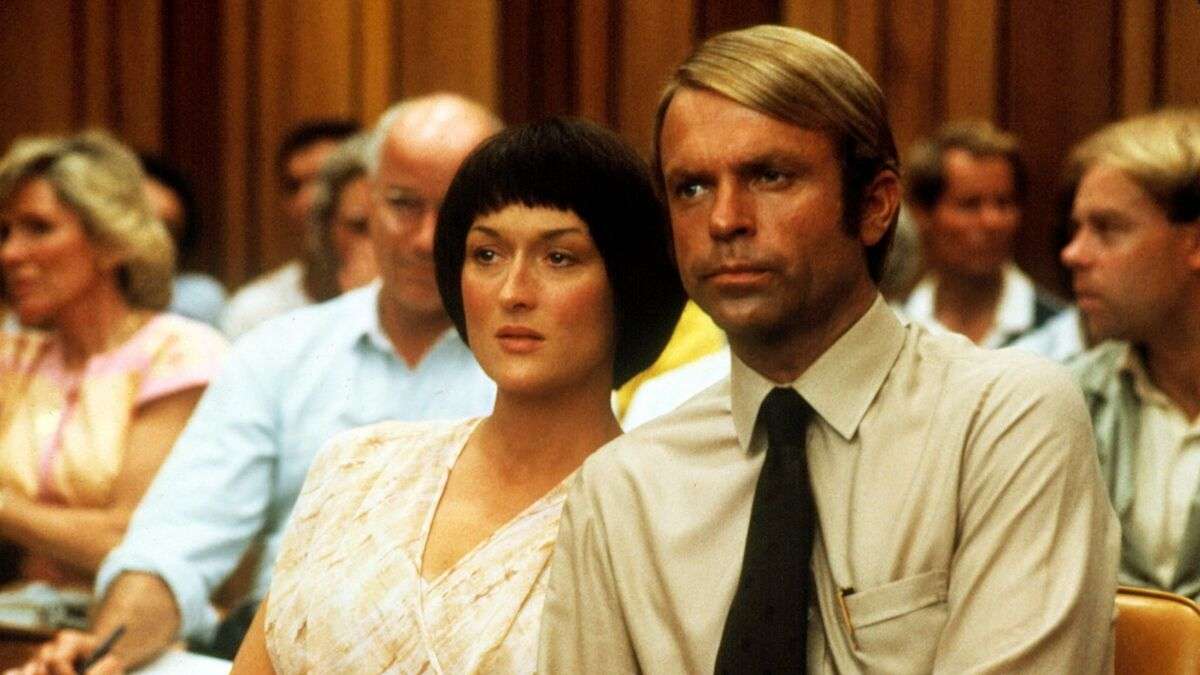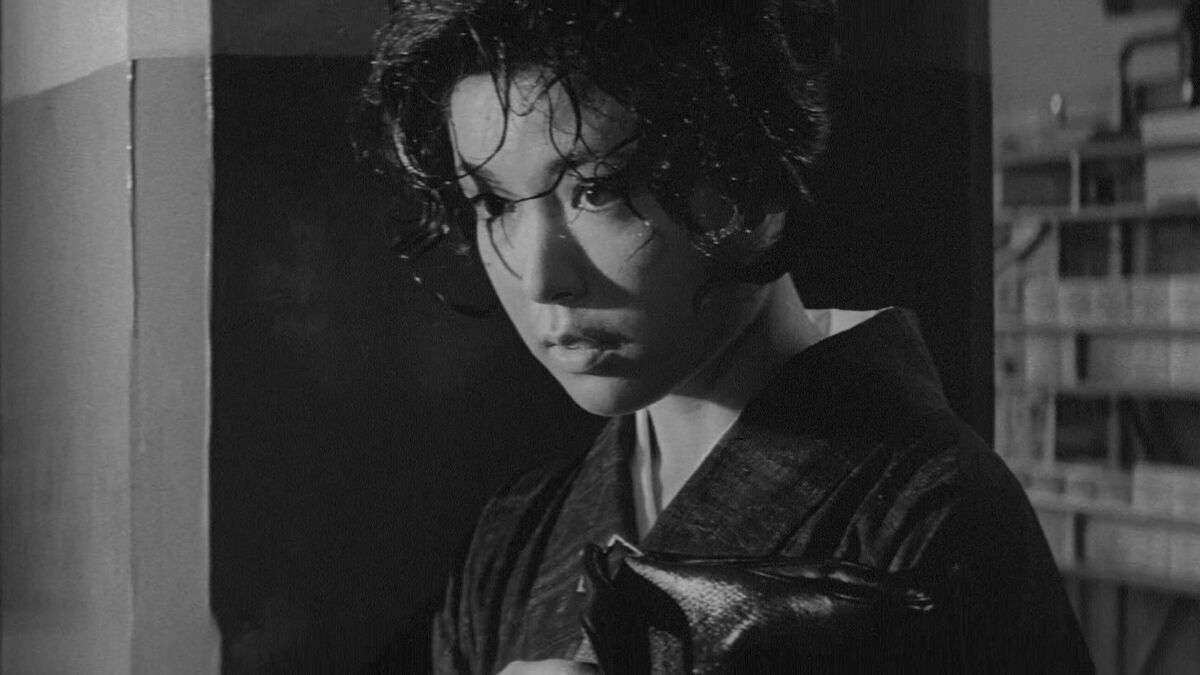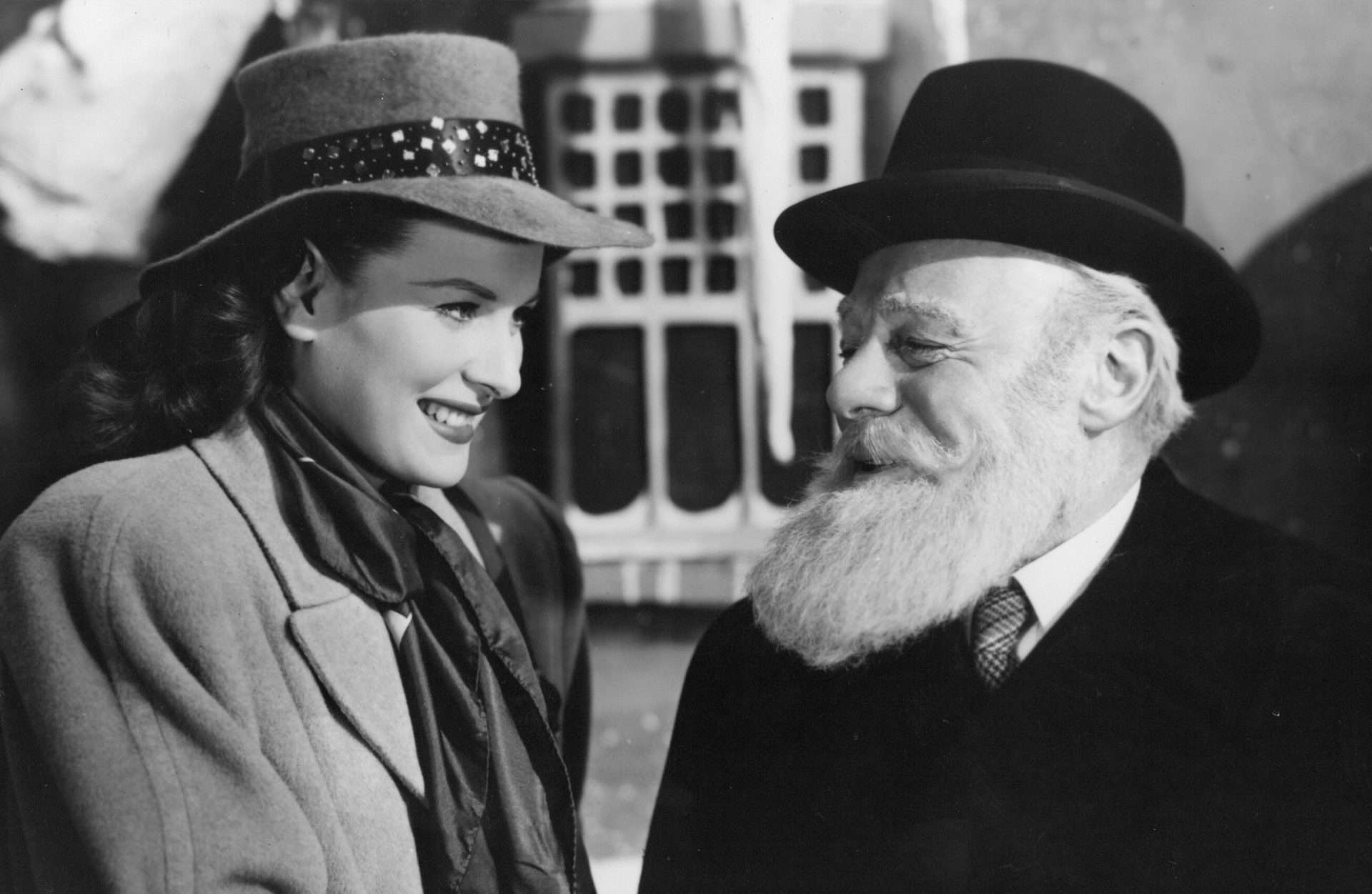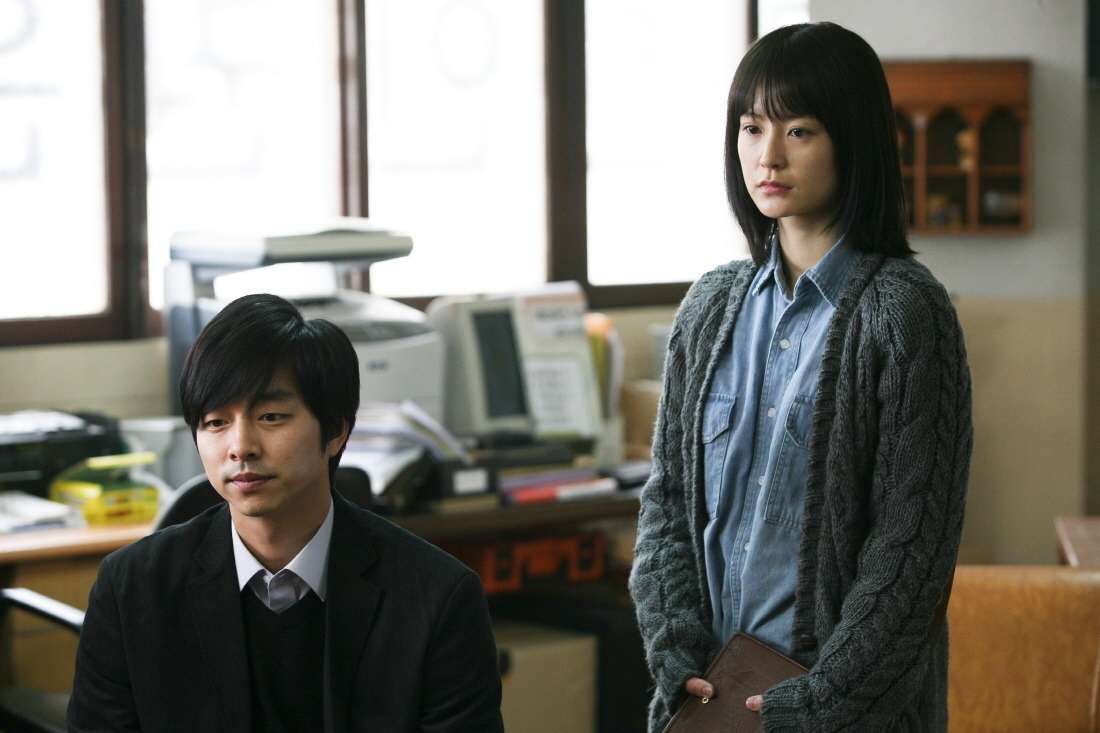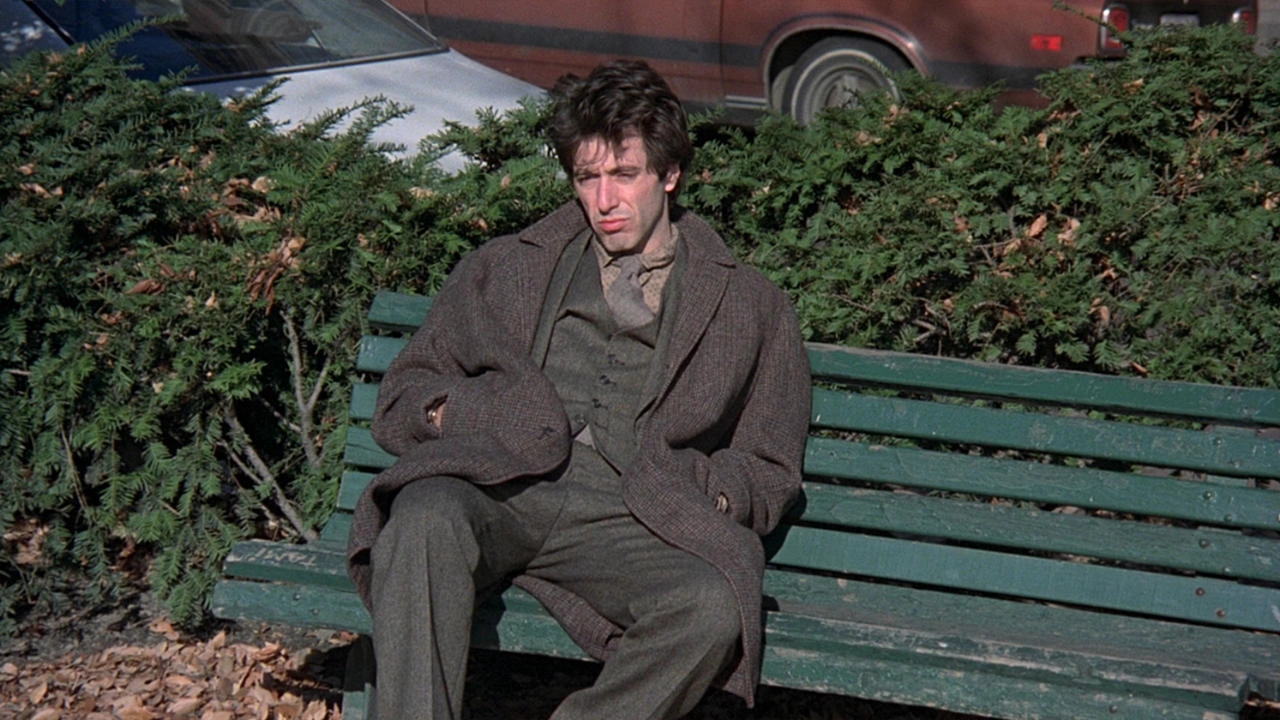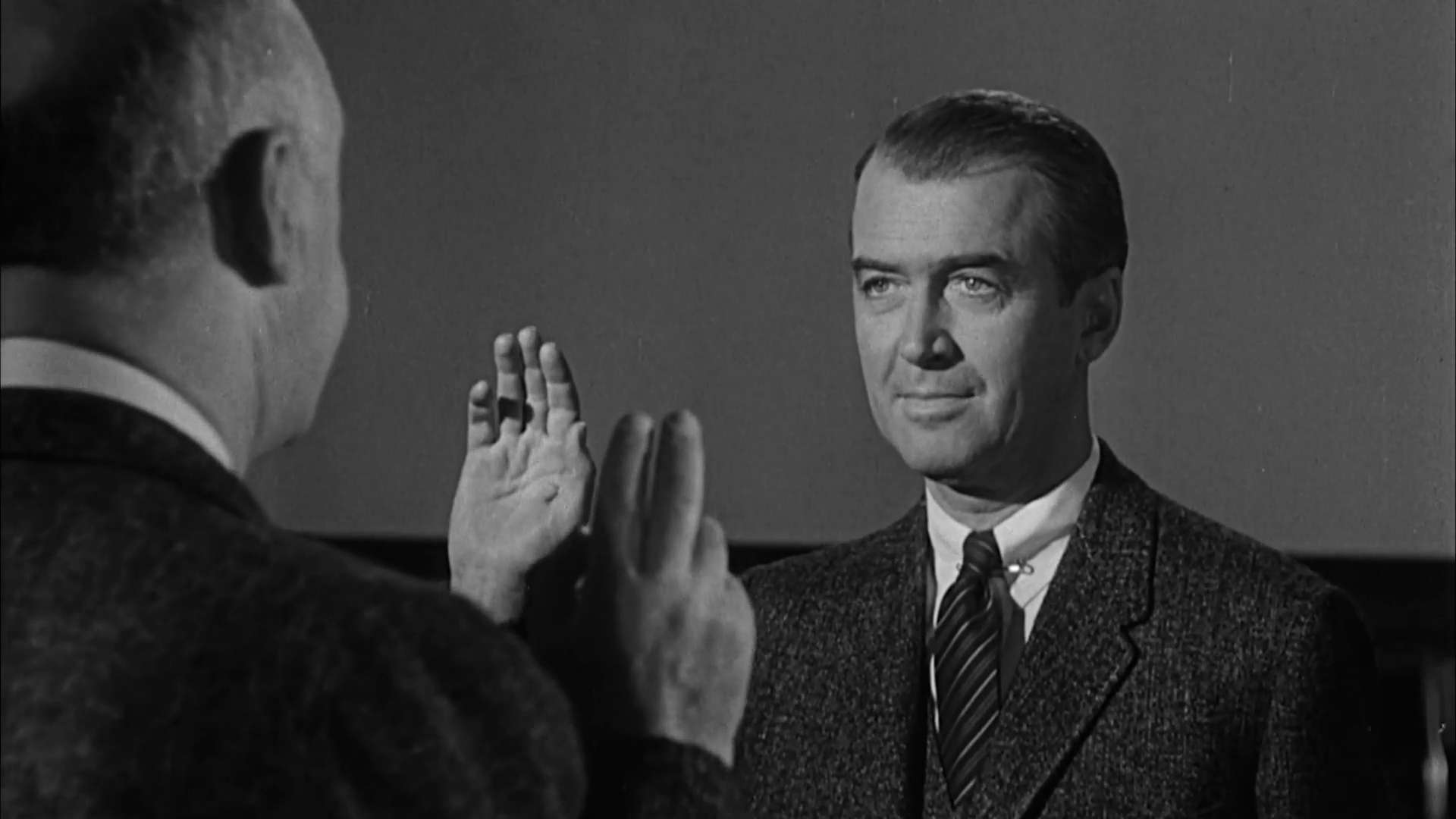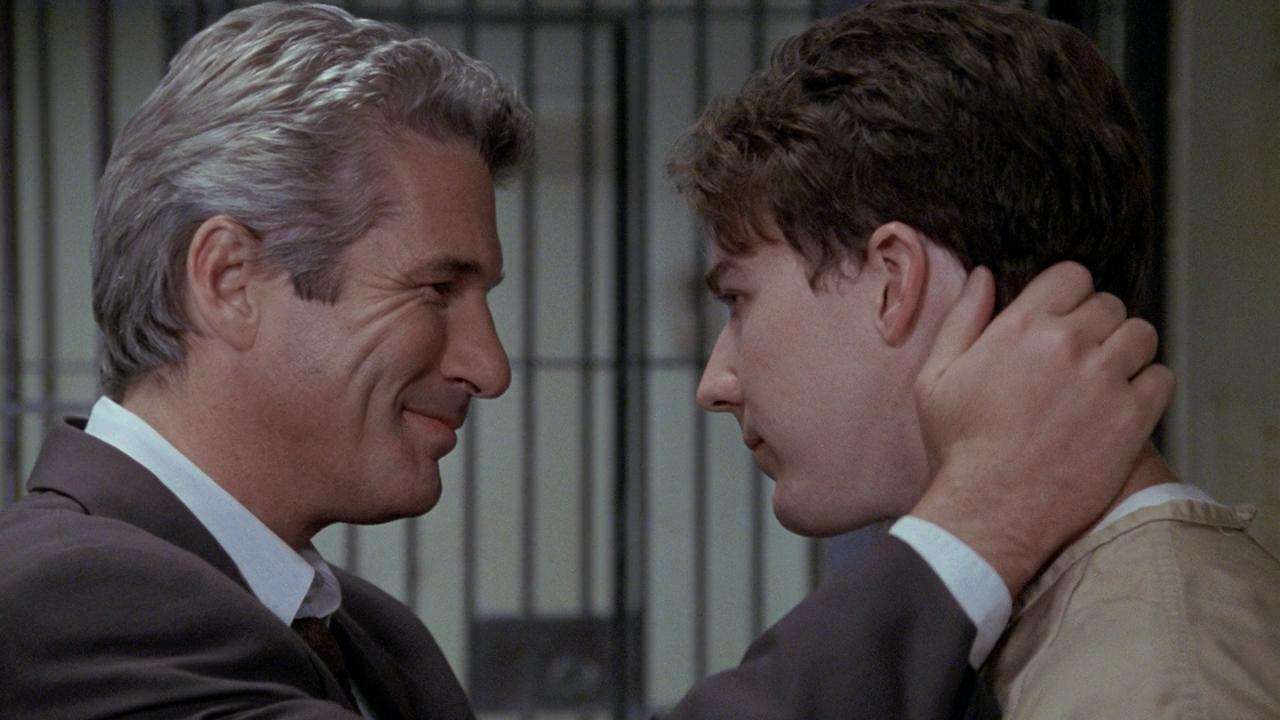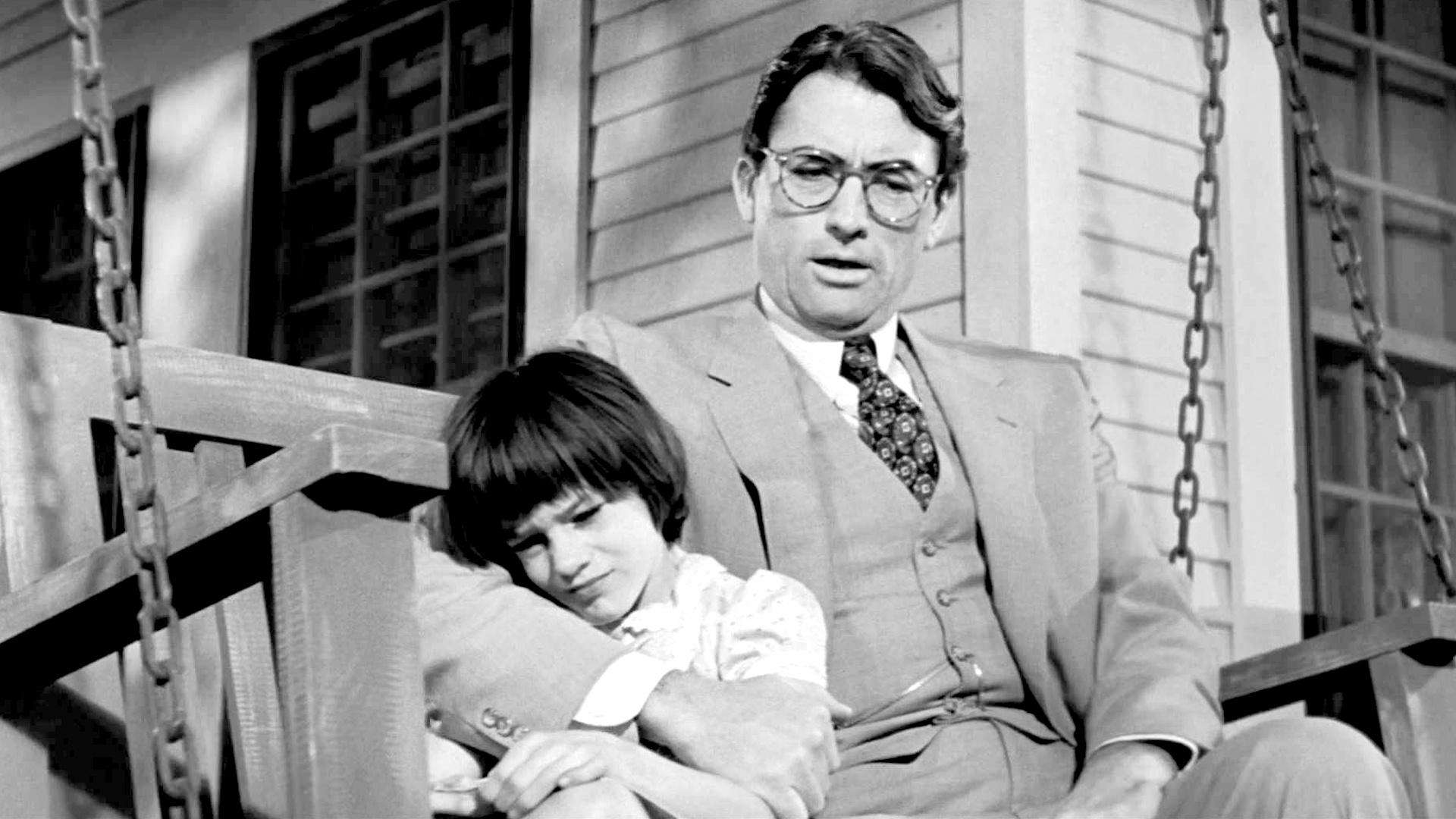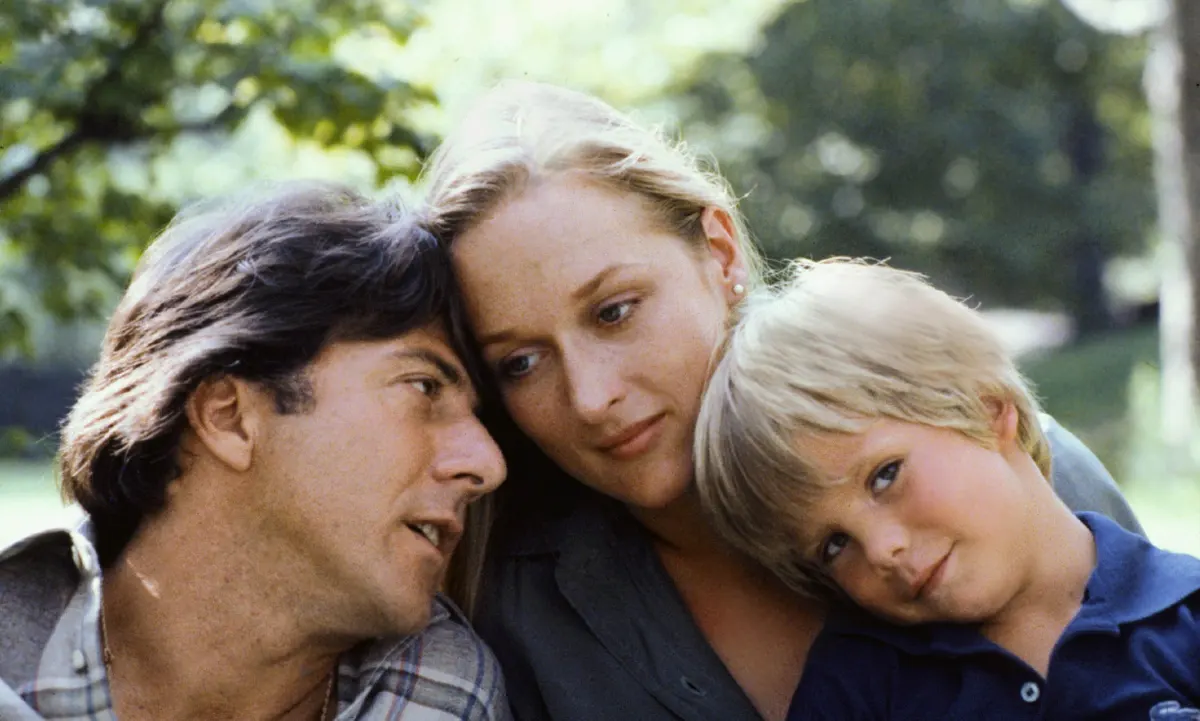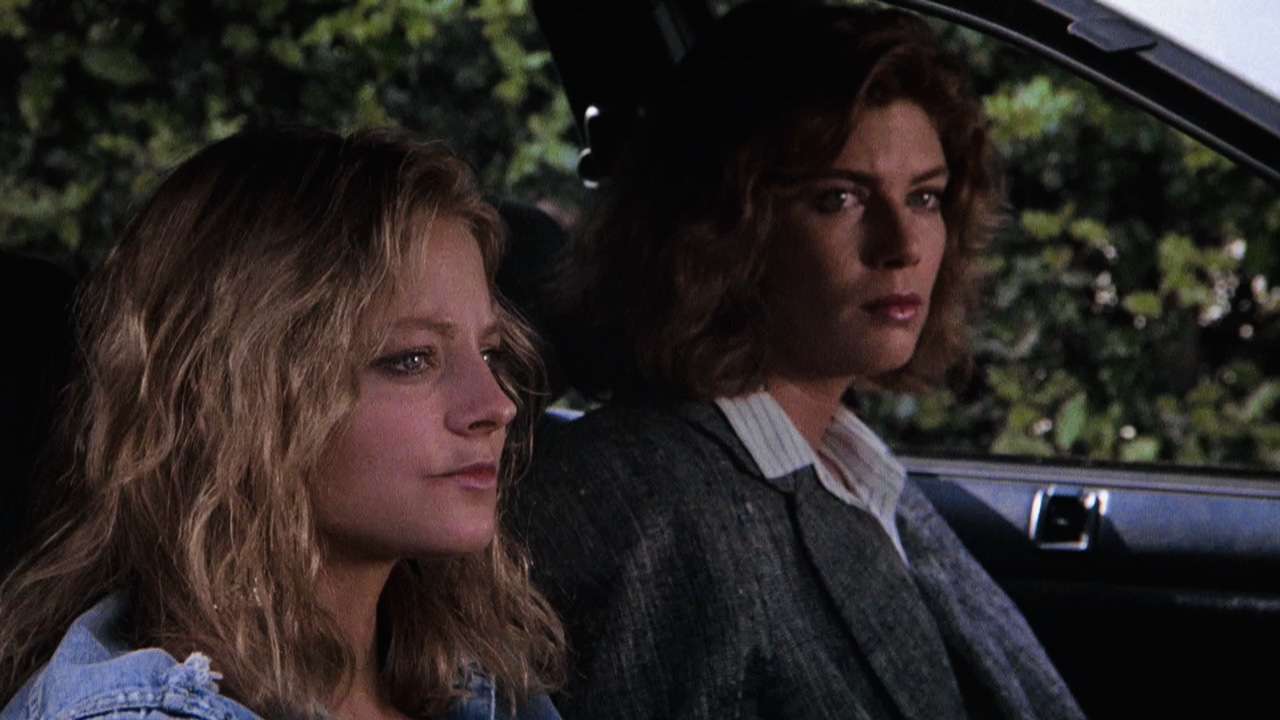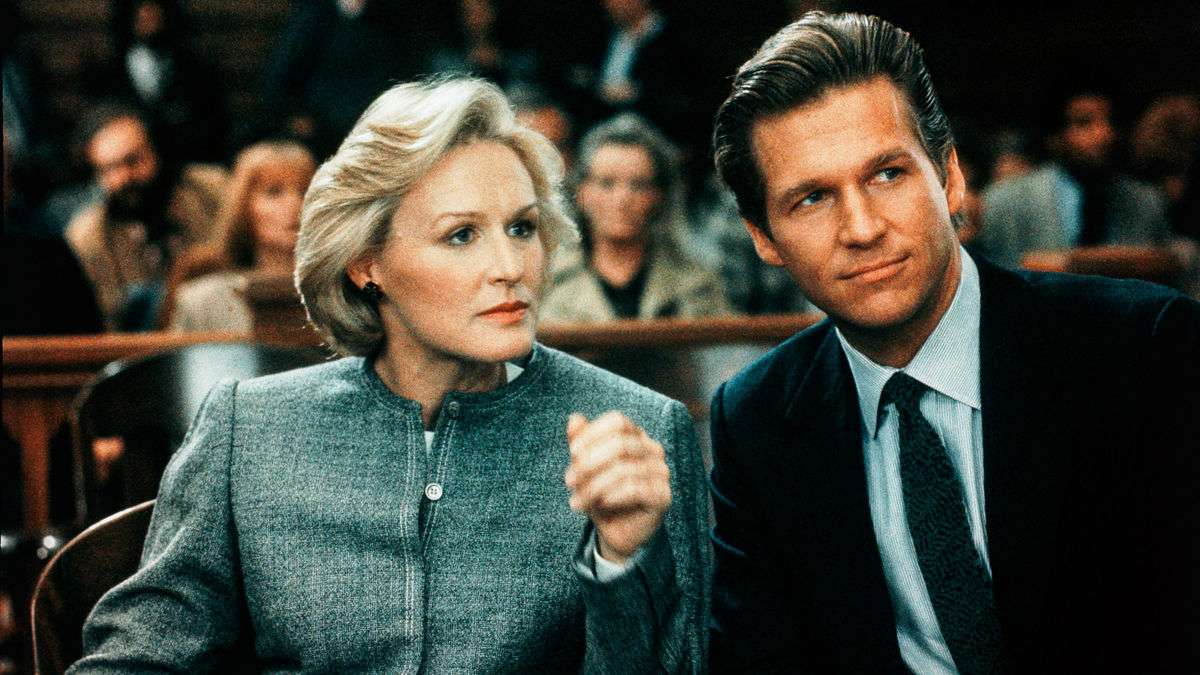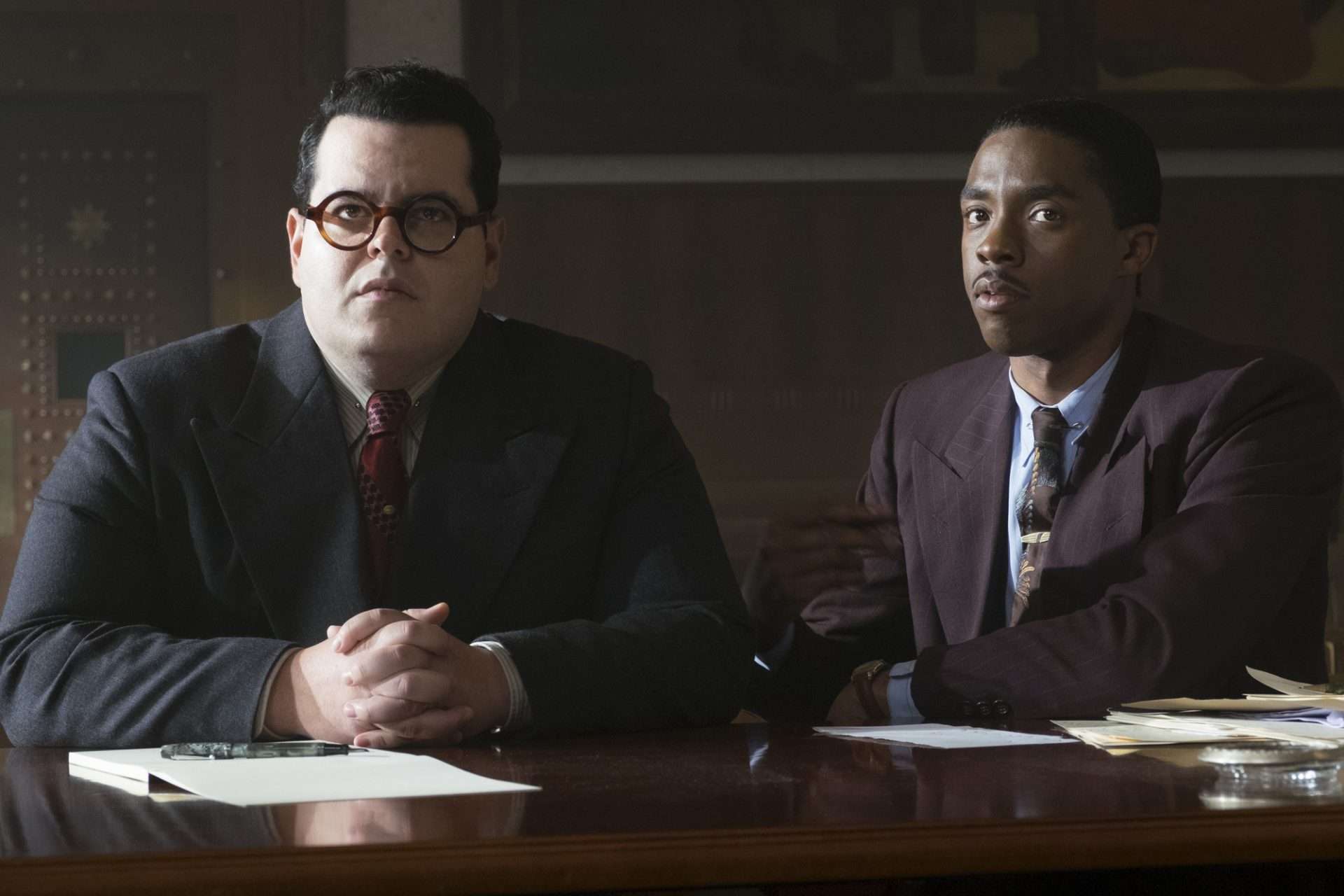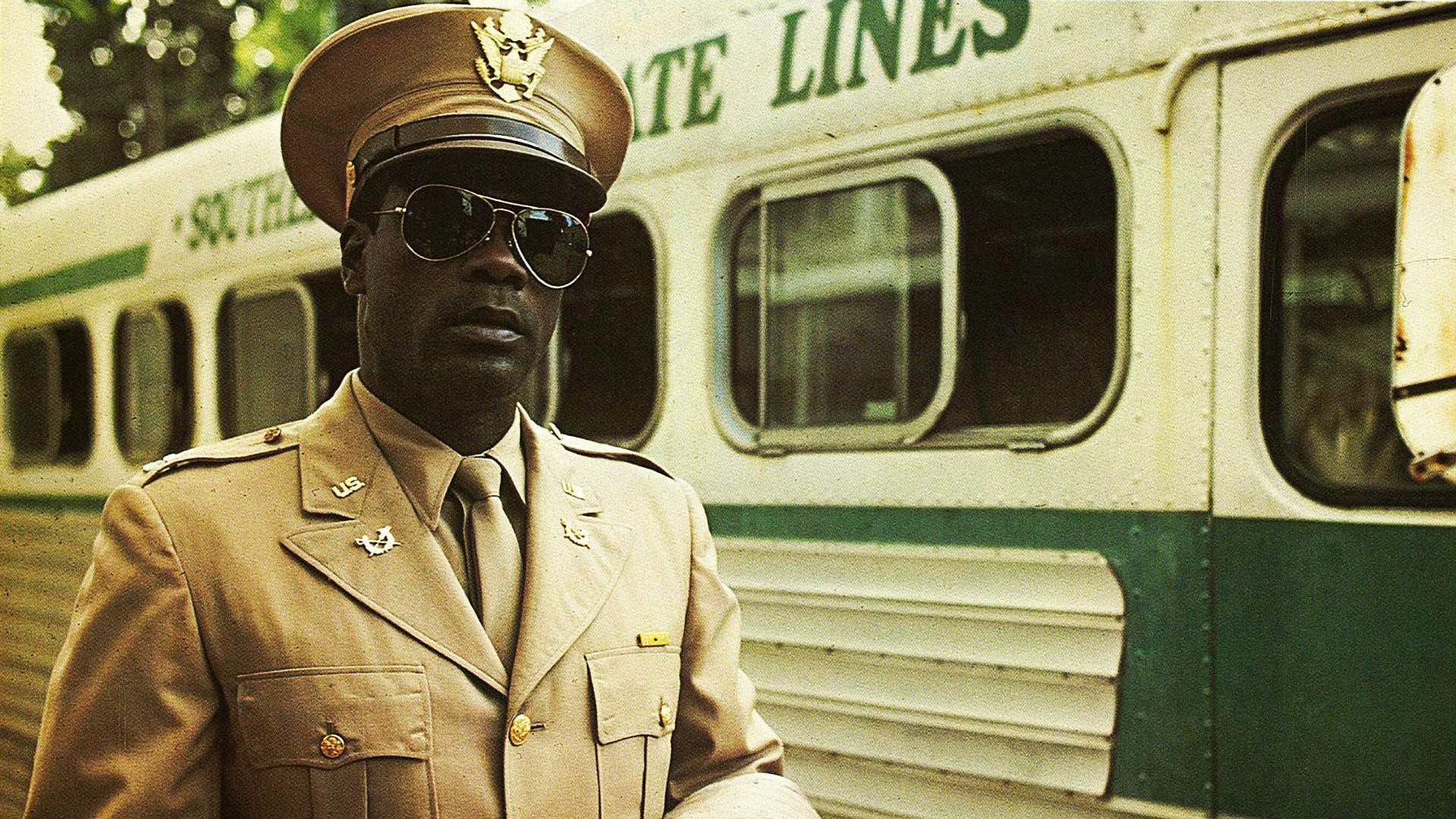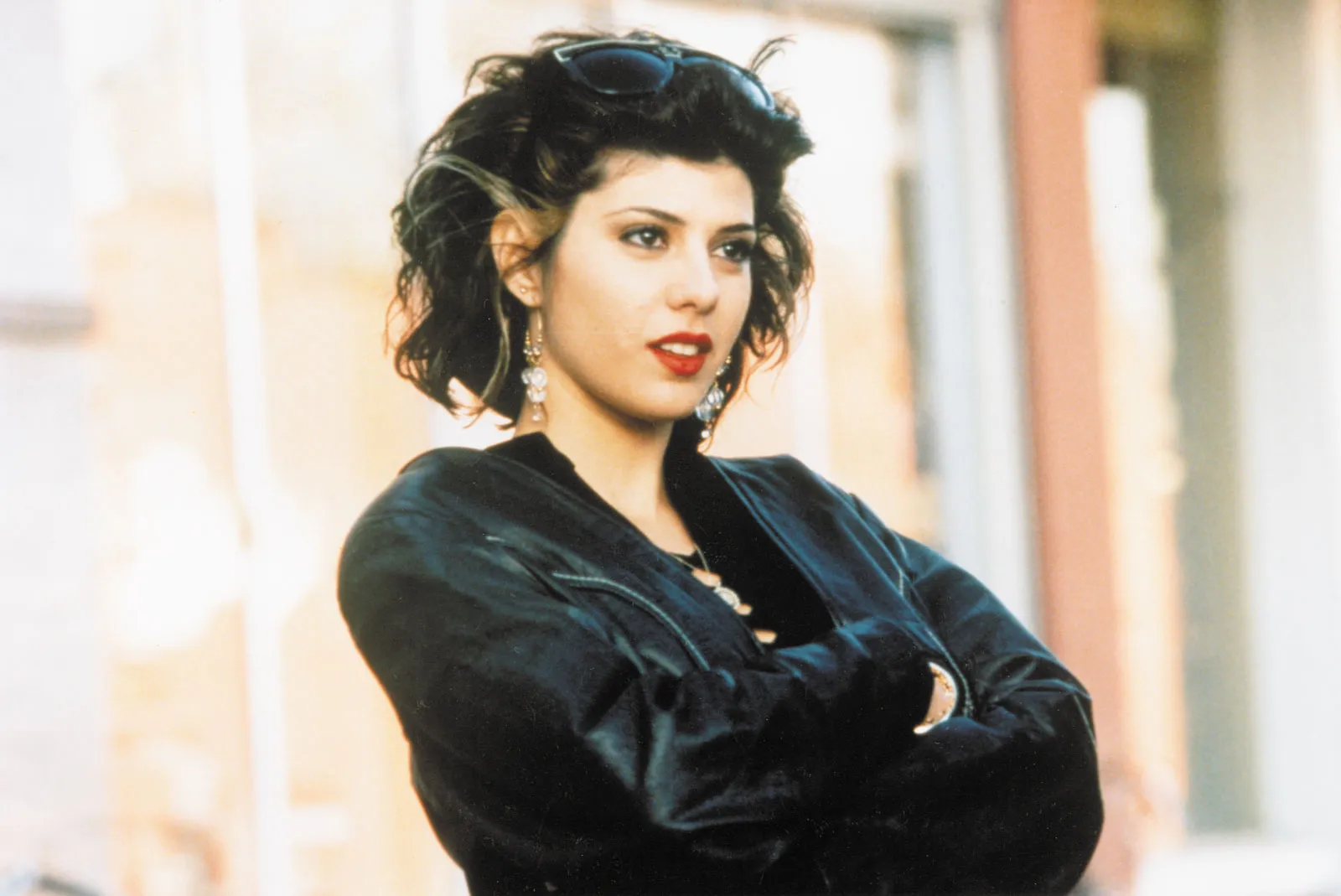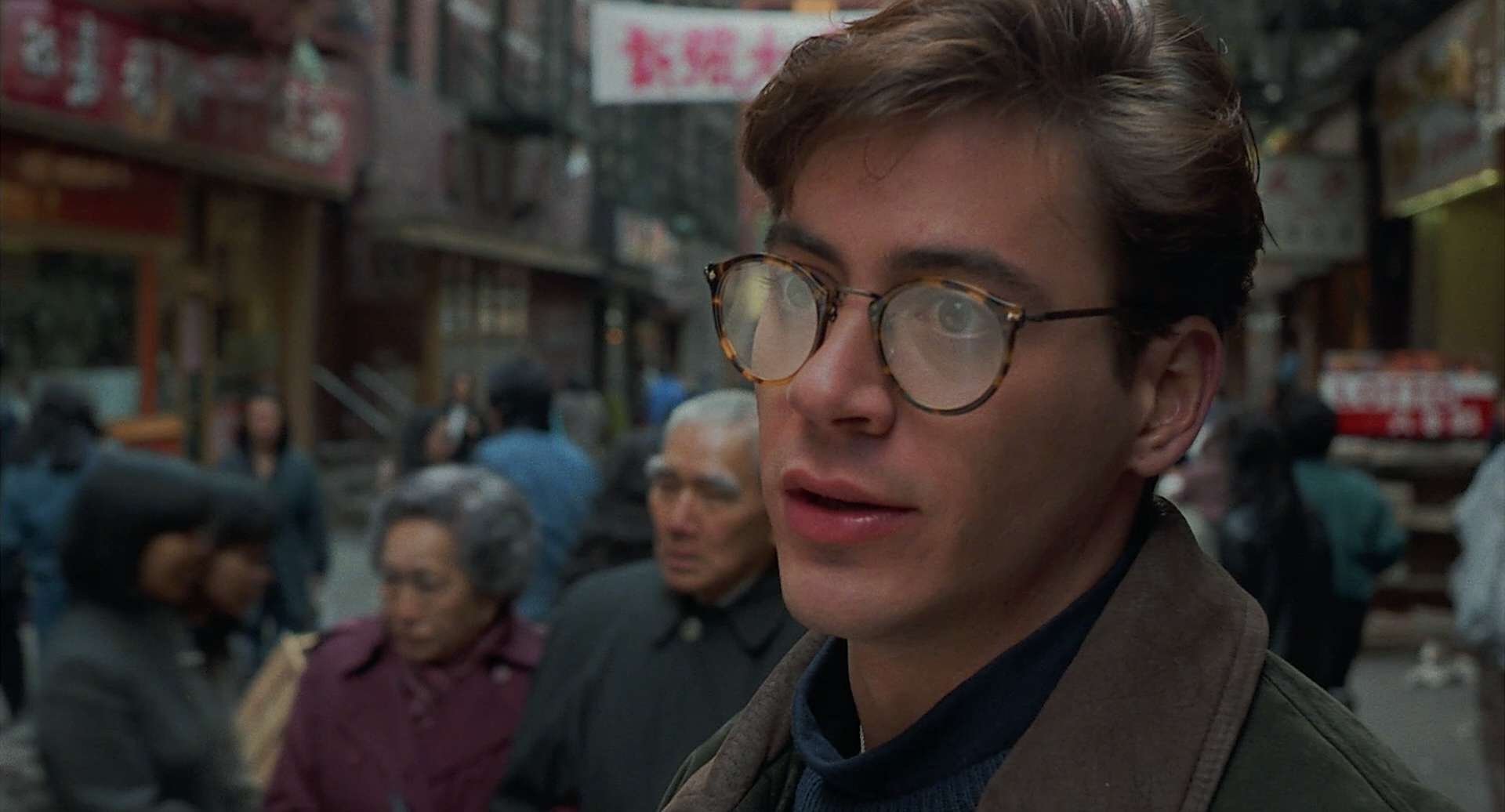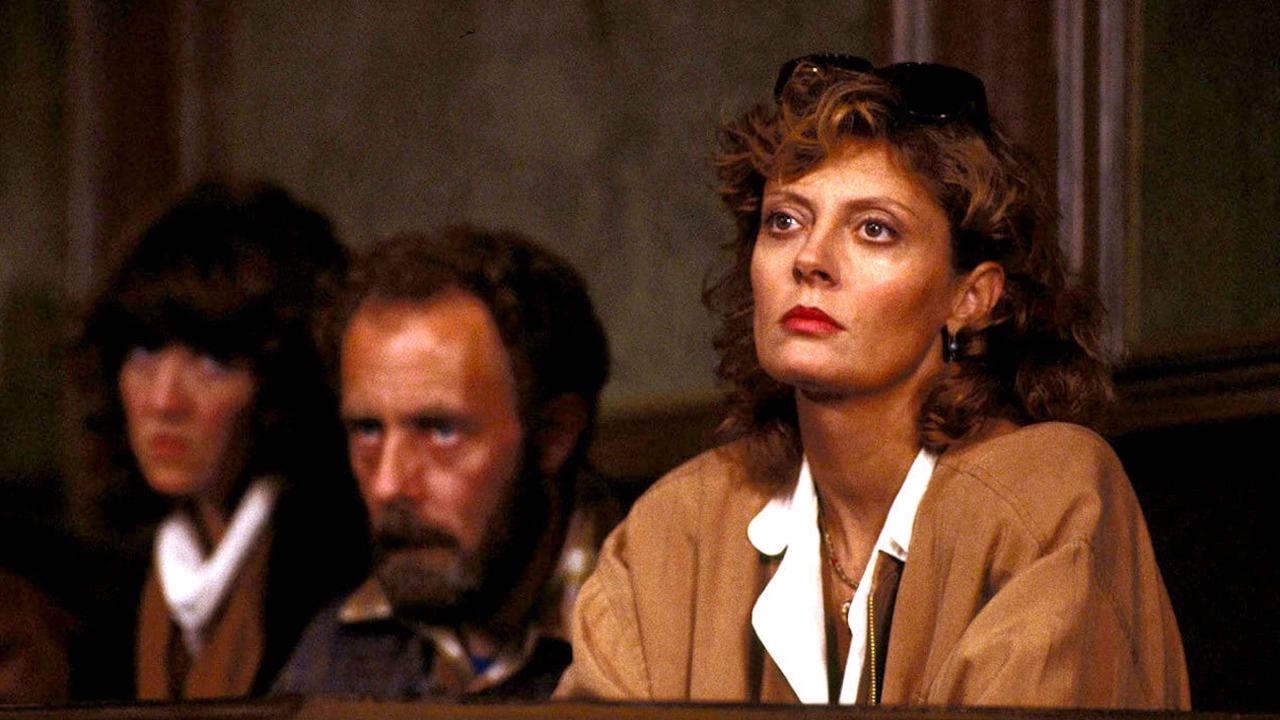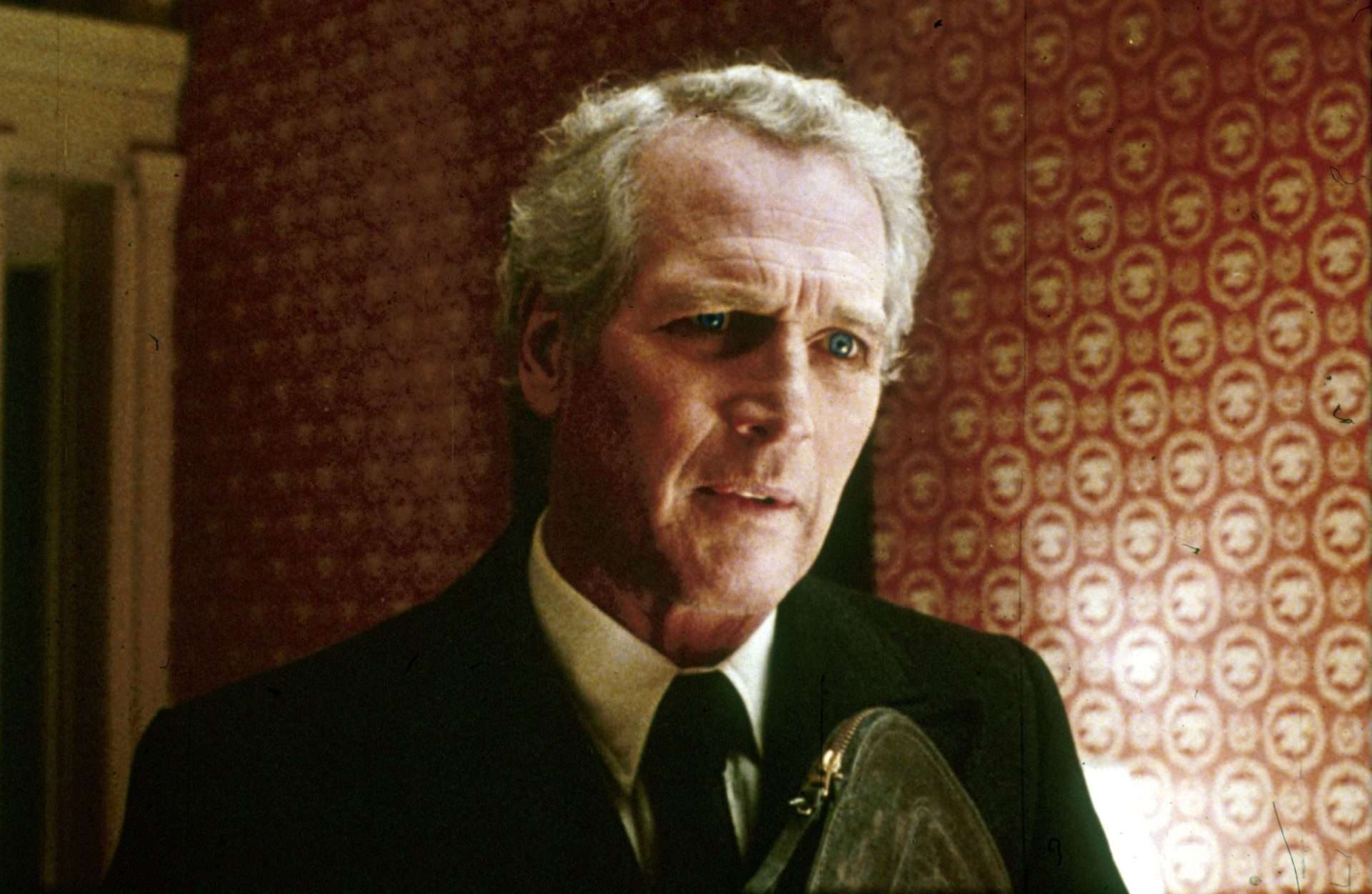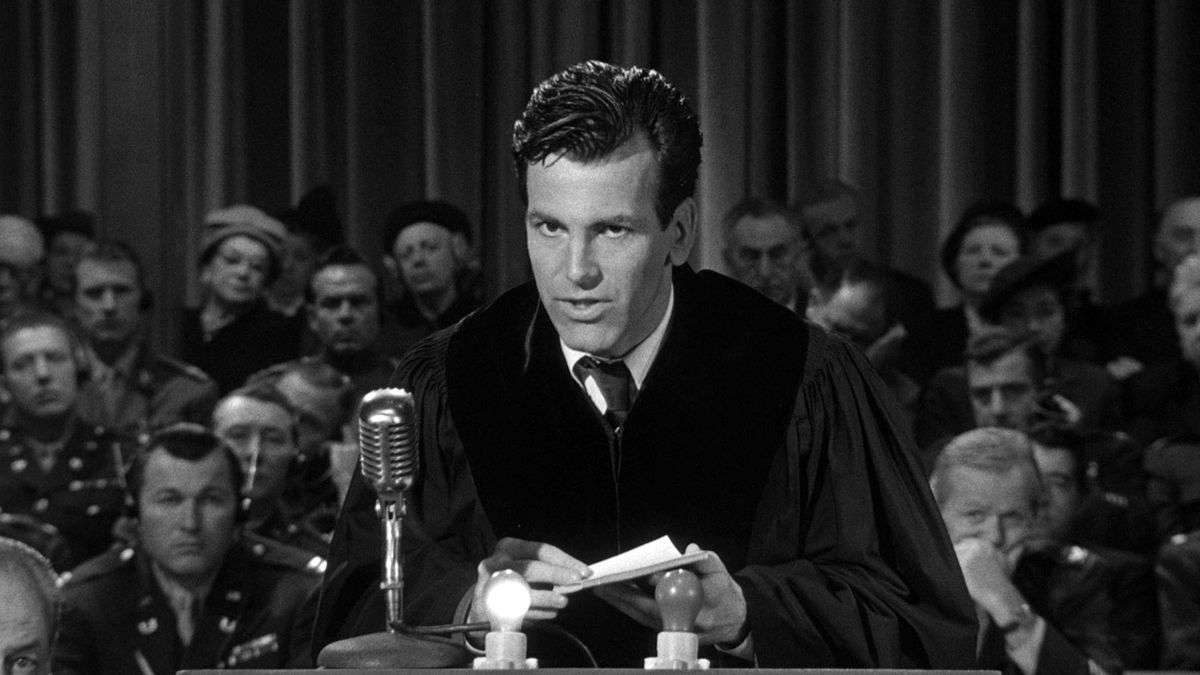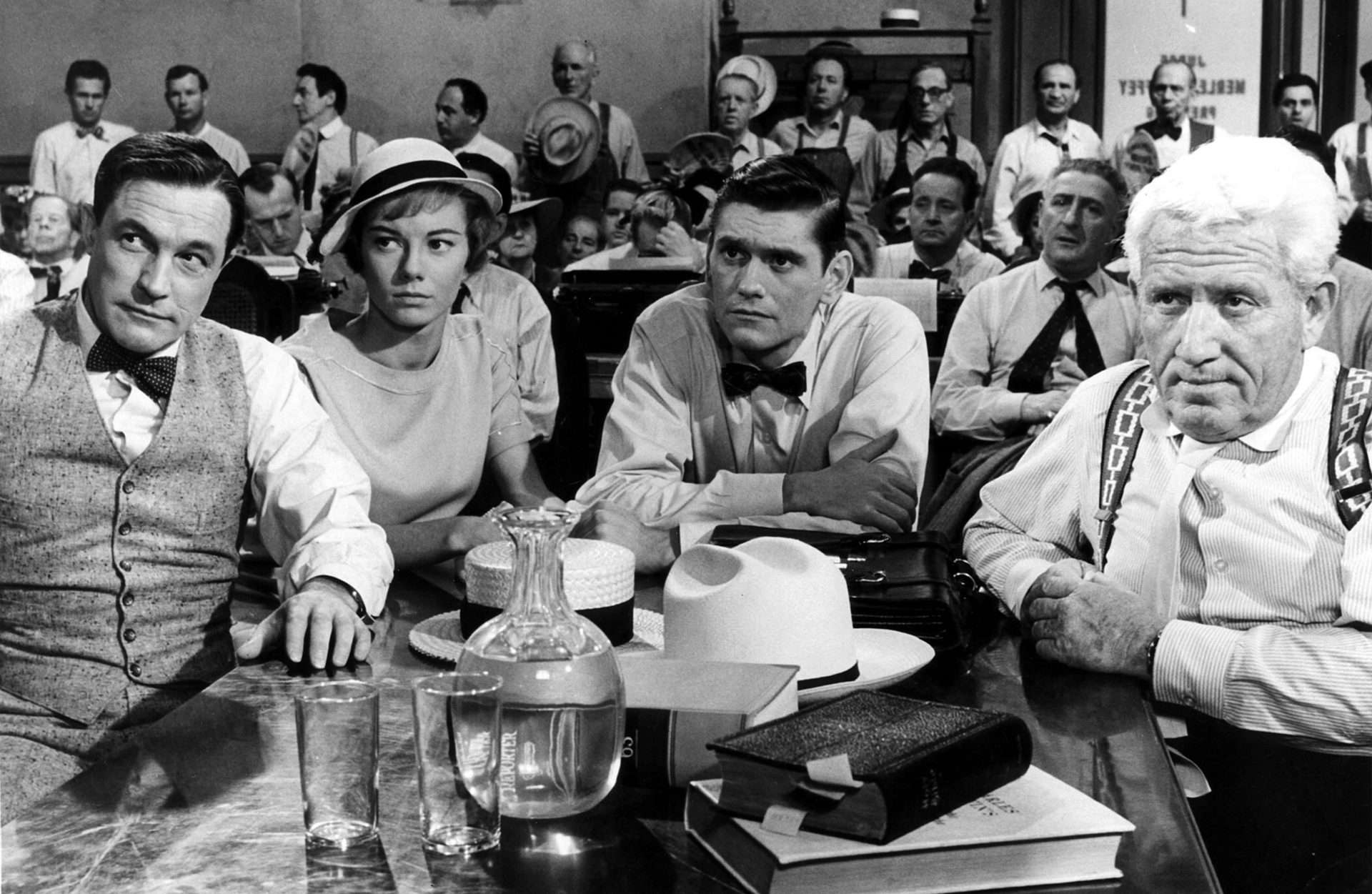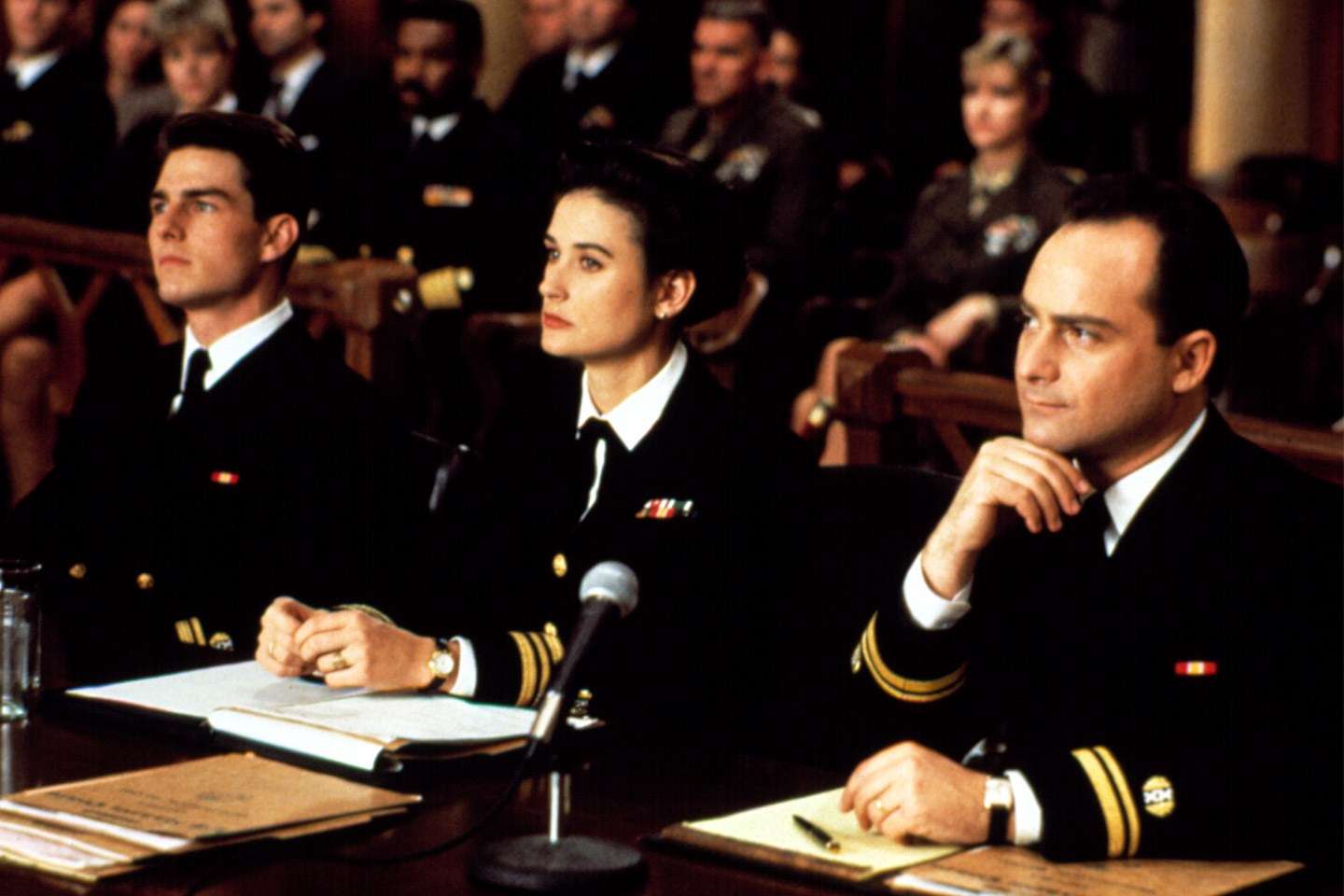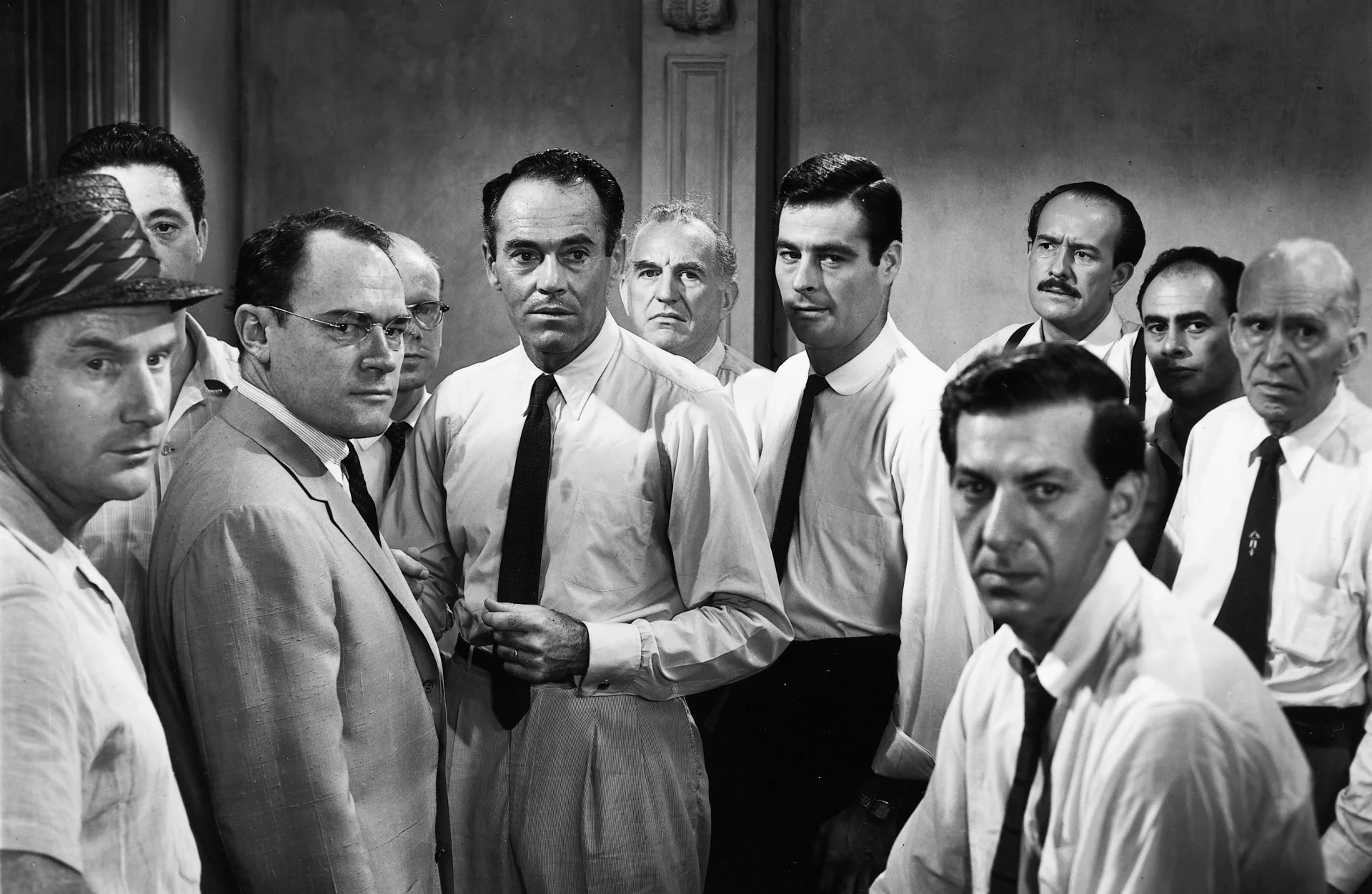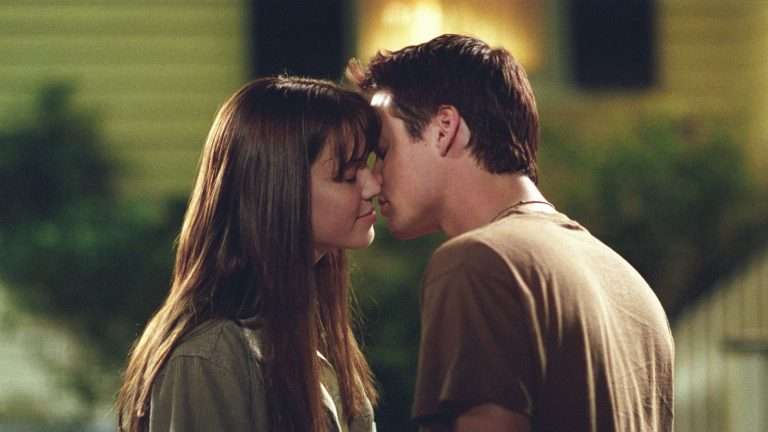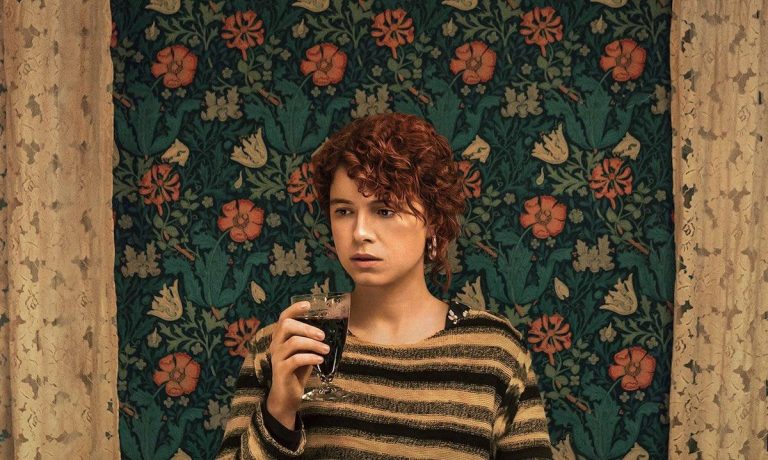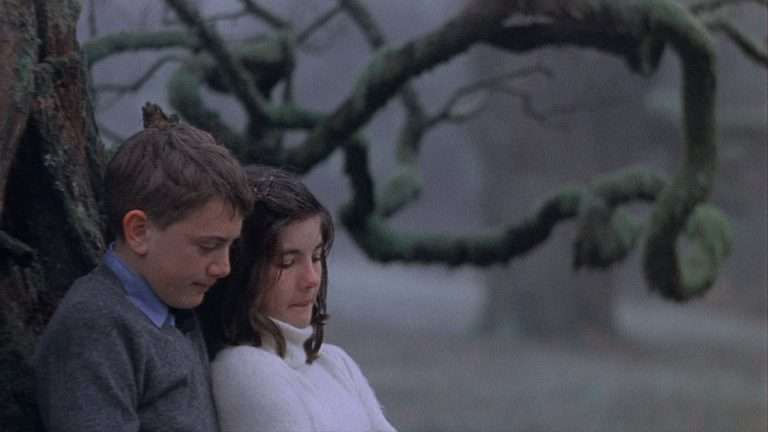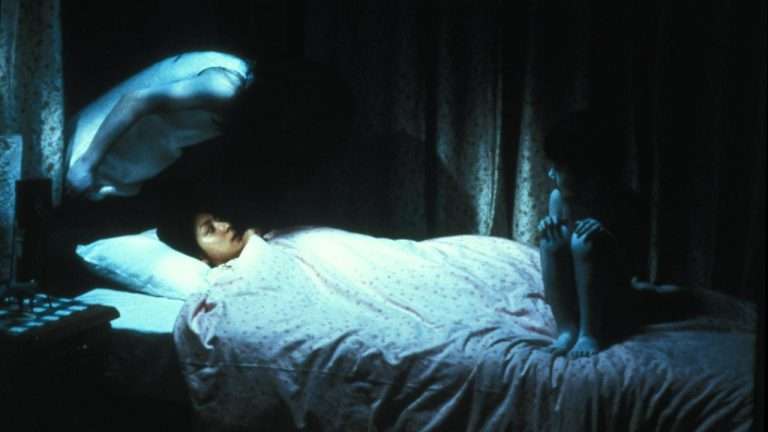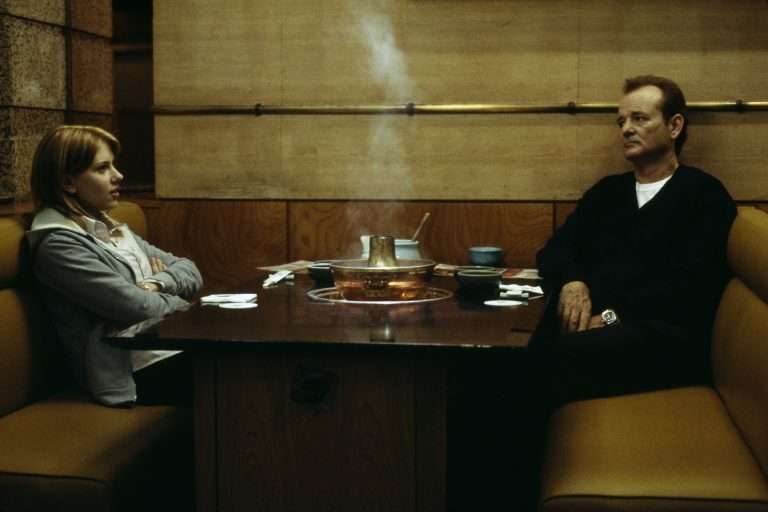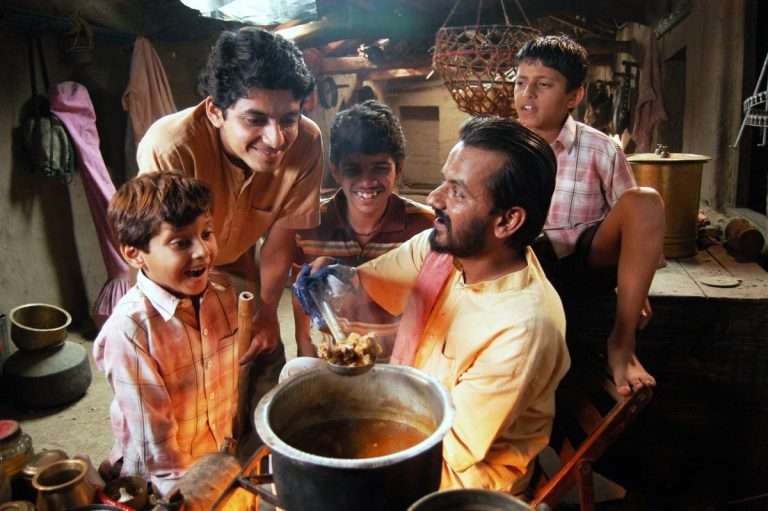25 Great Trial Films of All Time, Ranked: What is it about trial films that have captivated moviegoers since the early days of cinema? Maybe it’s the intense courtroom scenes, the lawyers’ passionate search for clues and evidence coming to the aid of their case, or the anticipated verdict- be it an unremorseful villain receiving his deserved sentence or a wrongly accused defendant awaiting to have his name cleared. Maybe it’s all of these.
In any case, Hollywood has produced a great deal of diverse trial movies throughout the years, some of them based on real cases and some of them being original stories. The genre was popular during the 1950s and early 1960s when a large number of films belonging to this category were nominated for and even won Academy Awards in the Best Picture Category. Courtroom dramas fell off in the late 1960s and 1970s, with only a few notable ones being produced. This changed in 1979, when the release of And Justice for All and Kramer vs. Kramer, both hugely popular with critics and mainstream audiences, led to a resurgence of the genre.
Recommended Read: 10 Noir Films That Are Under 90 Minutes
The 1980s and 1990s saw the reemergence of trial movies, both courtroom dramas and legal thrillers, and brought us some of the most memorable lawyers, judges, and courtroom scenes in the genre’s history. Trial films have not been particularly trendy since the beginning of the 21st century. However, that might change now that a few critically acclaimed courtroom dramas, such as The Trial of the Chicago 7, have been released in recent years.
As such, for this list, a “Trial movie” has been defined as a movie where a trial plays a central role, be it a traditional courtroom drama or a legal thriller. The setting need not always be strictly within the four walls of a courtroom as long as the narrative is predominantly linked to a trial. The ranking is based on contemporary perceptions and the movies’ legacies but is also grounded in a certain degree of subjectivity.
25. Fracture (2007)
Fracture is a psychological, legal thriller film directed by Gregory Hoblit. It stars Ryan Gosling as William “Willy” Beachum, a rising star deputy district attorney who is tasked with prosecuting Theodore “Ted” Crawford (Sir Anthony Hopkins), a wealthy, manipulative engineer charged with shooting his unfaithful wife. The case seems open and shut, but Willy will soon discover that not everything is what it seems, and he might have just found his match in the strong-witted Ted. This is a very atmospheric film. It is dark and dreadful throughout, matching the young prosecutor who finds himself in a hopeless, desperate situation, although the case initially seems straightforward.
Billy Burke does an excellent job as Lt. Rob Nunally, the police detective who apprehended Ted and was romantically involved with the victim, leading to the overcomplication of the case. But the battle of wits between Willy and Ted becomes the bulk of the narrative. Gosling, who was only 27 here, does a terrific job as the up-and-coming prosecutor, his role drawing comparisons to his then status as a promising young actor. However, it is Hopkins who steals the show, playing the villainous Ted. In a performance described as “more playfully malevolent than Hannibal Lecter ever was,” Hopkins manages to be the film’s highlight. Although known for his protean versatility, he is notorious for his expert handling of reprehensible characters, which is evident in Fracture.
24. Verdict (2019)
Verdict is a 2019 Philippine film directed by Raymund Ribay Gutierrez. It tells the story of Joy Santos (Max Eigenmann), a woman who seeks justice after she and her daughter Angel become victims of domestic abuse by her husband, Dante Santos (Kristoffer King). In many ways, Verdict is an atypical trial film. It doesn’t feature the usual thrills associated with the genre and doesn’t have conventional devices like last-minute evidence and surprise witnesses. The movie is about domestic violence and a mother’s challenges while trying to prove that her husband has beaten her and their child. Compared to other standard courtroom dramas, Verdict shows all the trial strategies in detail: the lawyers’ approach to the case and the struggle to find witnesses willing to testify. The courtroom scenes are minimalistic, imbued with a somewhat realistic tone.
The film is also noted for its down-to-earth style and atmosphere. Instead of depicting the habitual murder trial, it shows a more lifelike, genuine situation that the audience may resonate with more easily. It has a straightforward narrative throughout, never attempting to overly complicate its plot. Director Gutierrez does a great job presenting the natural flow of events, never resorting to sensationalism to convey its simple yet heavy message. The film ends on a bleak, completely unpredictable note as if trying to emphasize the hollowness of day-to-day life.
23. Music Box (1989)
The legal mystery thriller Music Box was directed by Costa-Gavras and written by Joe Eszterhas. Loosely based on the real-life case of John Demjanjuk, the film stars Jessica Lange as Ann Talbot, a Chicago defense Attorney who must defend her father, Mike Laszlo, in court. Laszlo, played by Armin Mueller-Stahl, is accused of war crimes he allegedly committed during World War II. He proclaims his innocence and dismisses it as a case of mistaken identity. The audience is left wondering about Laszlo’s guilt or innocence until the movie’s end.
Although the film functions mostly as a staid thriller, it is also very emotionally engaging. Talbot’s inner conflict is the central theme of the narrative. She has to choose between believing her father, who claims to be innocent, and believing the prosecution, whose witnesses and pieces of evidence against her father keep coming and seem to never end. The powerful performances from Jessica Lange and Armin Mueller-Stahl are the most formidable aspects of the movie, as they are able to masterfully display the individual traits of their characters while also emphasizing the complicated nature of their once close father-daughter relationship that is now on the verge of collapsing. Lange was nominated for an Academy Award and a Golden Globe for her performance, while the film won the Golden Bear at the Berlin International Film Festival.
22. Evil Angels, a.k.a. A Cry in the Dark (1988)
Adapted from the 1985 book by John Bryson, Evil Angels tells the true story of the couple, Lindy and Michael Chamberlain, whose nine-week-old daughter Azaria disappeared from a campground near Uluru in 1980. The parents then struggled to prove their innocence as a dingo took their baby, whereas the public was convinced they were complicit in their daughter’s death, and a murder trial ensued.
The media focus on the prosecution was unusually intense, and the accusations were tinged with sensationalism. Moreover, the trial was criticized for being handled in an unprofessional and biased manner. It’s a highly emotional film, much more so than most others on this list. Its courtroom aspects are not as important here but are merely a pretext to convey a more profound message: how hard it is to persuade others to believe a fact you know to be true if they are already convinced of a different truth.
The film stars Meryl Streep and Sam Neill as Lindy and Michael, respectively. Its narrative resembles a docudrama with powerful performances from its two leads. Their portrayal of parents who have just lost their only child but are not given the time to grieve as they have to prove their innocence in court is so sensible and down-to-earth. Streep was especially praised and nominated for the Academy Award for Best Actress. The film has endured as a classic piece of Australian cinema and a definitive courtroom drama. It was nominated for the Palme d’Or at the Cannes Film Festival and for numerous AACTA Awards, as well as being acknowledged as the 9th best courtroom drama of all time by the American Film Institute (AFI).
21. A Wife Confesses (1961)
A Wife Confesses is a 1961 Japanese film directed by Yasuzo Masumura. Probably the most obscure movie on this list, it tells the story of Ayako Takigawa, a wife accused of murdering her husband. While hiking in the mountains with her husband and one of his colleagues (Osamu), Ayako and her husband lose their balance and fall, remaining strapped to a rope with only Osamu holding their weight. Seeing no other choice, she cuts her husband’s twine, and he falls to his death while Ayako manages to climb and save herself. But since she had a miserable marriage and is suspected of having an affair with Osamu, she is charged with murder.
The movie presents a compelling situation that requires a lot of study. The matters that the lawyers tackle in court are essentially the same questions that the viewers will find themselves asking: Did the wife really have no other option than to cut the rope, or did she just do it on purpose because she wanted her husband out of her life? And if both are true, then is she guilty? If someone else was in her situation, would they still cut the cord to save themselves, even if that would mean killing their partner? The film offers plenty of food for thought, and it is a must-watch for anyone curious to see how it handles the paradoxical circumstance presented.
20. Miracle on 34th Street (1947)
Miracle on 34th Street is one of the most beloved Christmas films ever made. It is also a classic courtroom drama, as most of its plot revolves around a trial. It stars Edmund Gwenn as a man hired to play Santa Claus at Macy’s Department Store. After he claims to be the real Santa, his sanity is questioned, and the lawyer who defends him in court opts for an unusual strategy: he sets out to prove the man really is Santa. A unique combination of a Christmas family film and a trial film, the movie famously succeeds at both. While it features excellent performances from Maureen O’Hara, John Payne, and a young Natalie Wood, Edmund Gwenn’s performance as Kris Kringle is truly memorable and helped the film become the Christmas favorite it is today.
One of the most renowned films regardless of genre, although primarily known as a Christmas classic; it is worth noting that the trial scenes are also top-notch. The movie received numerous accolades and recognitions. Gwenn won the Academy Award for Best Supporting Actor, while the film also won Best Screenplay and was nominated for Best Picture. It was also declared the 9th most inspirational movie by the American Film Institute.
19. Silenced (2011)
Based on a true story, Silenced is a 2011 South Korean film depicting a school for the deaf and hard of hearing where students are sexually assaulted by some of the school’s teachers and its administrators. Adapted from the 2009 novel The Crucible by Gong Ji-young, it stars Gong Yoo as Kang In-ho, a young art teacher from Seoul who starts working at the school and who eventually discovers the wrongdoings happening there. The film shows the crimes occurring at the school and the ensuing trial, where the culprits were notoriously released with minimal punishment.
The film is noted for its dark, gloomy tone. Its presentation is mature, bleak, and almost depressing in its attempts to portray the infuriating real events that transpired accurately. Whereas the real story takes place in Gwangju, the movie is set in the fictional city of Mujin, a town depicted as dim, shadowy, and always foggy, matching the upsetting nature of the events. The film had a considerable impact and sparked public outrage upon its release, prompting a reopening of the investigations into the incidents. This led to a revised bill, dubbed the Dogani Bill, passed to abolish the statute of limitations for sex crimes against minors or the disabled people. Thus, “Silenced” is vital for influencing South Korean legislation.
18. And Justice for All (1979)
And Justice for All is arguably one of the most thought-provoking courtroom dramas ever made. Alongside Kramer vs. Kramer, also released in 1979, it led to a resurgence of the genre. A legal drama with a touch of comedy, it stars Al Pacino as Arthur Kirkland, a lawyer forced to defend a seemingly guilty judge while defending other innocent clients. Thus, the protagonist is constantly demanded to find a middle ground between doing the right thing by serving the public interest and honoring his legal profession and obligations. The movie repeatedly engages the audience with its moral dilemmas.
Pacino is at his best here: his performance is considered one of the greatest of his illustrious career. His expert portrayal of an attorney torn between resentment and ethical righteousness earned him Best Actor nominations at the Academy Awards and the Golden Globes. He is also remembered for an iconic scene where he yells, “You’re out of order! You’re out of order! The whole trial is out of order! They’re out of order!” considered one of the most notable monologues in cinema history. Other renowned actors among the stellar cast include Jack Warden, John Forsythe, and Craig T. Nelson.
17. Anatomy of a Murder (1959)
Anatomy of a Murder is undoubtedly one of the best and most acclaimed trial films ever made. It is based on the 1958 novel of the same name by John D. Voelker. Voelker wrote the story based on a 1952 murder case where he served as the defense attorney. It stars James Stewart as Paul Biegler, a lawyer who defends Lt. Frederick Manion (Ben Gazzara), charged with murdering an innkeeper. Manion claims he killed the innkeeper due to temporary insanity after the victim raped his wife. The film examines the apparent frailty of the human factor in jurisprudence. All human components involved in the trial have their own contradicting opinions on what is right or wrong and varying points of view on integrity, justice, morality, and ethics.
The film was noted for its stellar cast, effective direction from Otto Preminger, tight script, and its approach to complex themes, such as moral ambiguity and analyzing how far the lawyers are willing to go and bend the legal system in order to win their case. It was immensely praised on release and received universal acclaim and innumerable awards. It received seven nominations at the 32nd Academy Awards, including Best Picture and Best Screenplay, and acting nominations for James Stewart, Arthur O’Connell, and George C. Scott. The American Film Institute also recognizes it as the 7th-best courtroom drama of all time. UCLA law professor Michael Asimow has famously described it as “probably the finest pure trial movie ever made.”
16. Primal Fear (1996)
Primal Fear is a 1996 legal mystery thriller film. After an archbishop is brutally murdered and mutilated, Aaron Stampler (portrayed by Edward Norton in his film debut), an altar boy close to the bishop, is caught fleeing the scene covered in blood and charged with murder. Martin Vail (Richard Gere), an overbearing Chicago lawyer known for defending wealthy clients who are generally established lawbreakers, believes Aaron is innocent. He decides to change things and do the right thing, taking Aaron’s case pro bono. He soon discovers that there is more to this case than meets the eye.
Based on the 1993 novel of the same name by William Diehl and directed by Gregory Hoblit, who is famed for his thrillers, the film doesn’t disappoint: it is a well-rounded suspense film, tightly paced and magisterially directed. With a narrative full of surprises, it is also noted for its expert performances. Gere is imposing as the now-conscientious defense attorney. At the same time, Norton truly steals the show as the timid, seemingly innocent Stampler: he became one of the only people to receive an Academy Award nomination for acting for their first role, the movie’s only Oscar nomination. The film also features a great ensemble cast comprising Laura Linney, John Mahoney, Alfre Woodard, Frances McDormand, and Terry O’Quinn. With sublime courtroom scenes and a deliciously atmospheric style, this is a must-watch for fans of trial films and thriller enthusiasts.
15. To Kill a Mockingbird (1962)
To Kill a Mockingbird is one of the best courtroom dramas and one of the best films ever made. It stars Gregory Peck as Atticus Finch, a lawyer and single father in early 1930s Alabama, who defends a black man wrongly accused of rape. In the meantime, he tries to educate his young children, Scout (Mary Badham) and Jem (Phillip Alford), against racial prejudice. Narrated by the adult Scout, the movie is simultaneously a coming-of-age story and a courtroom drama. It is well remembered for its exceptional script, direction, and anti-racism message, although this has also drawn criticism for its apparent white savior narrative.
The film is mainly celebrated, however, for its performances: Badham and Alford were unanimously praised as the two kids, and at the age of 10, Badham became the youngest actress (at the time) to be nominated for the Academy Award for Best Supporting Actress. It was also the debut of Robert Duvall, playing Arthur “Boo” Radley, the odd, reclusive neighbor who turns out to have a pivotal role in the kids’ lives. Peck’s portrayal of the heroic Lincolnesque lawyer Atticus Finch is not just an outstanding performance but a legendary one, winning him the Academy Award for Best Actor. Overall, the film was nominated for 8 Oscars, including Best Picture. The American Film Institute declared it the best courtroom drama ever made, the 34th best film, and named Atticus Finch the greatest hero in American film history.
14. Kramer vs. Kramer (1979)
One of the two great trial films to be released in 1979, alongside the aforementioned And Justice for All, Kramer vs. Kramer, was a critical and commercial success. It stars the powerhouse acting duo of Dustin Hoffman and Meryl Streep as Ted and Joanna Kramer, a couple who are getting a divorce. Joanna’s absence forces Ted to adjust his life and work schedule in order to bond with and be able to single-handedly take care of their young son, Billy (Justin Henry). Just as they begin to connect, Joanna returns, and a legal battle ensues for Billy’s custody. The film examines the fallout of divorce and its impact on a child and explores social issues such as work-life balance, gender roles, and single parents.
It is even more relevant today than in 1979. The film was especially noted for its masterclass in acting from the two leads, with both actors winning Academy Awards for their portrayals. The film also won Best Picture, Best Director, and Best Adapted Screenplay. It was nominated for Best Supporting Actor for Henry, Best Supporting Actress for Jane Alexander as Ted’s neighbor Margaret Phelps, Best Cinematography, and Best Film Editing. The American Film Institute named it the 3rd best courtroom drama ever made.
Read More: 25 Feel-Good Movies and where to Watch them
13. The Accused (1988)
The Accused is one of the most influential films of the 1980s. It is based on the true story of Cheryl Araujo, a young woman who was gang raped by four men in a bar while some onlookers watched, cheered, and encouraged it. The trial that followed against the men was highly publicized and was extremely important for three reasons. First, because some of the onlookers were also prosecuted for “joint enterprise” (encouraging an illegal act and not acting to stop it).
Second, because during the trial, the defendants’ attorneys cross-examined Araujo to such an extent about her own life and activities that the case became widely seen as a template for “blaming the victim” or “she was asking for it” in rape cases. And third, because it enabled some states to pass legislation to protect the names of rape victims, as the case drew widespread media coverage of rape trials.
Jodie Foster stars as Sarah Tobias, the woman sexually assaulted in a bar, in a highly acclaimed performance that marked her breakthrough into adult roles and got her an Academy Award for Best Actress. Kelly McGillis plays Kathryn Murphy, Sarah’s defense attorney. The film masterfully portrays its delicate subject matter and is known for being one of the first mainstream films to deal with the horrors of rape and its resulting trauma on a victim’s life. Filled with intense emotions, numerous publications generally hailed the movie as one of the best of the 1980s. It was named the 3rd best movie of 1988 by the National Board of Review.
12. Jagged Edge (1985)
Jagged Edge, one of the most well-regarded legal thrillers of the 1980s, set the bar high for other similar films to come. It tells the story of Jack Forrester, the husband of a wealthy woman. When his wife is killed one night, Jack is accused of her murder. Teddy Barnes, an ex-criminal prosecutor now a defense lawyer, reluctantly agrees to defend him in court, even though she remains uncertain if her client is guilty. Jeff Bridges and Glenn Close star as the defendant and the lawyer, respectively. Their on-screen chemistry is unrivaled, as they are tasked with portraying a client and lawyer who begins an intimate affair. At the same time, both have reasons to feel a certain tension regarding each other because Teddy constantly questions if her client is innocent, as he claims.
Both actors do a commendable job, exquisitely capturing the characters’ delicate nature and relationship. Robert Loggia also stars as Sam Ransom, a private detective who helps Barnes. Loggia’s performance is considered one of the best of his career, earning him a Best Supporting Actor nomination at the 58th Academy Awards. The film masterfully blends courtroom with neo-noir thrills, creating a unique style of trial film that would go on to have a significant influence on future legal thrillers. Its only downside is the ending, which would have arguably been better if left open for the viewer and if the mystery remained unsolved.
11. Marshall (2017)
Thurgood Marshall was a lawyer who fought for civil rights and campaigned for the movement to end racial segregation, eventually becoming the Supreme Court’s first African American justice. He won 29 of the 32 civil rights cases he argued before the Supreme Court, culminating in the Court’s landmark 1954 decision Brown v. Board of Education, which rejected the separate but equal doctrine and held racial segregation in public education unconstitutional. This movie depicts one of his first career-defining cases, where he defended Joseph Spell, here portrayed by Sterling K. Brown, a black chauffeur accused of rape by his white employer, Eleanor Strubing, in a case that has gripped the contemporary newspapers.
Chadwick Boseman portrays Marshall in what was the best performance of his short career. Boseman is sublime, portraying a character with dignity and determination trying to defend a man he believes to be innocent but charged due to racial bias in the town of Bridgeport, Connecticut. The film also features Josh Gad, Kate Hudson, Dan Stevens, and James Cromwell. Stylistically, the movie is an old-fashioned courtroom drama bound to please all genre fans. With a well-paced script and a compelling direction from Reginald Hudlin, “Marshall” is probably the best trial film of the 21st century so far. Sadly, it went largely unnoticed at the 90th Academy Awards, only receiving a Best Original Song nomination for “Stand Up for Something.”
10. A Soldier’s Story (1984)
A Soldier’s Story is a 1984 mystery courtroom drama directed by Norman Jewison. The first court-martial film on the list, it stars Howard E. Rollins Jr. as Cpt. Richard Davenport, an African American officer who is tasked with investigating a murder in a segregated regiment of the U.S. Army commanded by white officers and training in the Jim Crow South during World War II, a time and place where a black officer is rare and vehemently resented by almost everyone. Adolph Caesar plays Sgt. Vernon Waters, the commander of the black battalion. He is murdered, which leads to an investigation.
A Soldier’s Story uniquely blends multiple genres, working both as a murder mystery and as a courtroom drama, since Cpt. Davenport has to inquire about the murder and question all soldiers, subsequently court-martialing the presumed culprit. At the same time, the film deals with numerous racial themes, such as how a black officer struggles to gain respect in the military. The movie succeeds in all these aspects and paved the way for many other racially-themed courtroom dramas.
The film’s solid performances were also noted, including Rollins as the inquiring officer and a then-unknown Denzel Washington, who played Pfc. Peterson, one of the soldiers in the regiment. Young Washington was immensely praised by the director and the rest of the crew for being “intelligent, rebellious, totally confident, and spectacularly talented.” But Adolph Caesar received the most praise, even receiving a Best Supporting Actor nomination at the 57th Academy Awards. The movie also received Oscar nominations for Best Picture and Adapted Screenplay and the Golden Prize at the 14th Moscow International Film Festival.
9. My Cousin Vinny (1992)
My Cousin Vinny is a 1992 legal comedy directed by Jonathan Lynn. Its story concerns two New Yorkers (played Ralph Macchio and Mitchell Whitfield) accused of a murder they didn’t commit in rural Alabama. One of their cousins, Vinny Gambini, a boaster, show-off lawyer with no trial experience and who has never taken a murder case, comes to their rescue. Joe Pesci plays Gambini while Marisa Tomei plays his fiancée, Mona Lisa Vito. The film is noted for being an atypical trial comedy. In contrast to most courtroom dramas, the defendants are shown to be innocent from the beginning. Instead, the focus of the narrative is whether the inexperienced lawyer will be able to prove their innocence or not.
Despite its comical style, the movie is hailed as one of the most accurate trial films ever made. Its trial procedures and courtroom strategies scenes are meticulously constructed to give a sense of realism to an otherwise absurdly entertaining movie. The contrast between the braggadocio New Yorker Gambini and the peaceful, rather conventional people from rural Alabama creates the bulk of the humor.
Pesci is hilarious, as is the always suspicious presiding Judge Chamberlain Haller (Fred Gwynne in his final film role). Marisa Tomei was especially praised for her electric performance, which won her a Best Supporting Actress at the 65th Academy Awards. While initially only a moderate critical and commercial success, My Cousin Vinny is now considered to have held up as one of the most remembered and watched movies of the 1990s.
8. True Believer (1989)
True Believer is a 1989 courtroom drama-thriller directed by Joseph Ruben and starring James Woods and Robert Downey Jr. It is loosely based on an investigative series of articles written by Pulitzer Prize-nominated journalist K. W. Lee on the wrongful conviction of immigrant Chol Soo Lee for a 1973 San Francisco Chinatown gangland murder. Woods stars as Eddie Dodd, a former civil liberties attorney who now defends notorious drug dealers. He takes the case of Shu Kai Kim, a Korean man imprisoned for murder whom Dodd believes is innocent. Downey Jr. plays Roger Baron, a righteous, idealistic legal clerk fresh out of law school, who encourages Dodd and helps him take Kim’s case.
True believer is the epitome of 1980s courtroom thrillers. Its narrative is filled with numerous twists and turns, keeping the audience guessing throughout. The apt direction by Joseph Ruben packs the film with plenty of suspense and thrills. At the same time, numerous dramatic moments derive from Dodd’s beguiling character development and growth.
We see him transform from an impassive lawyer, willing to defend drug dealers that he knows are guilty in order to get a fat paycheck, to a man willing to do the right thing and help an innocent man evade death, regardless of the personal and professional consequences he might face. Baron acts as the deuteragonist, the young, radical lawyer who helps Dodd mature and will stop at nothing to see that the right thing will be done. The film’s intriguing style, narrative, and marvelous performances make True Believer one of the best trial movies and a worthwhile addition to your watchlist.
Read More: 10 Best Actors Who Have Never Won an Oscar
7. Witness for the Prosecution (1957)
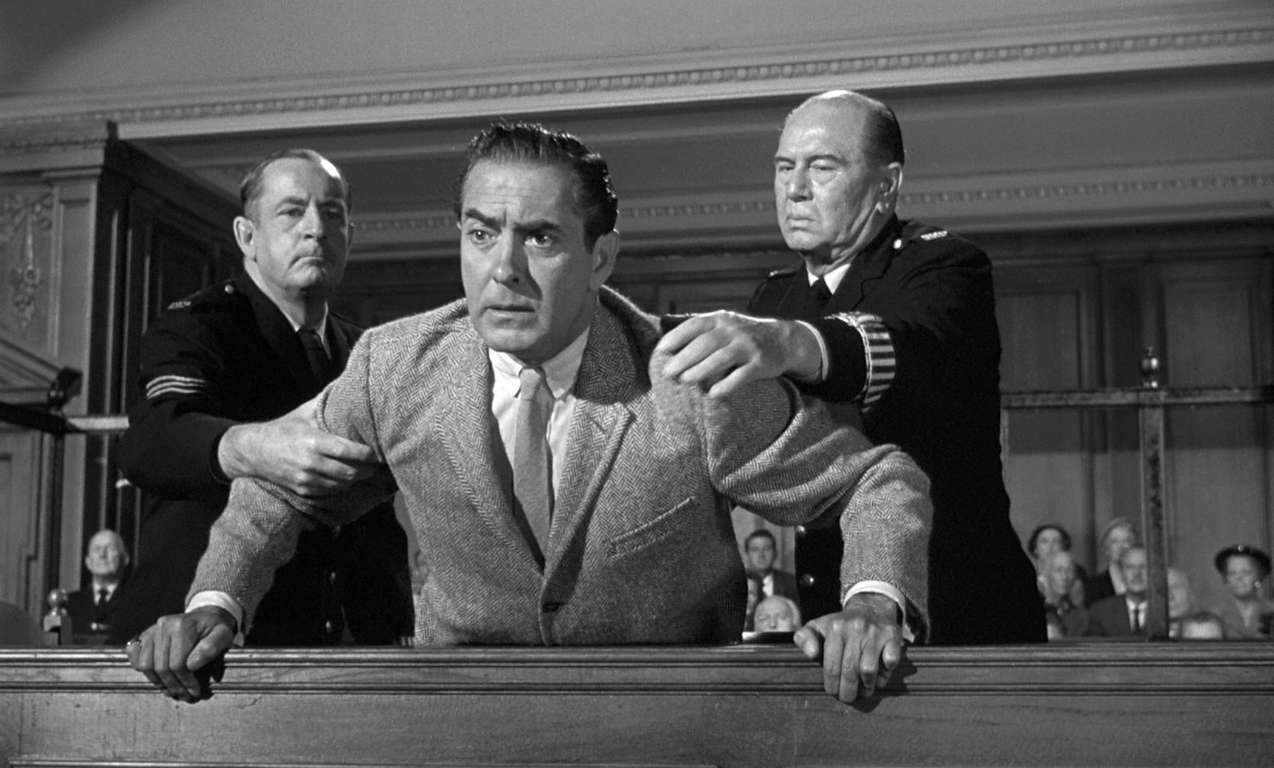
Witness for the Prosecution is a 1957 mystery courtroom drama adapted from Dame Agatha Christie’s 1953 play of the same name, itself adapted from Christie’s 1925 short story Traitor’s Hands. It was directed by Billy Wilder and starred Tyrone Power, Marlene Dietrich, Charles Laughton, and Elsa Lanchester. It tells the story of Sir Wilfrid Robarts (Laughton), an aging British barrister who agrees to defend Leonard Vole (Power) in court. Vole is accused of murdering Emily French, a widow who had just named Vole the primary beneficiary in her will. Dietrich plays Christine, Vole’s wife, while Lanchester plays Miss Plimsoll, Sir Wilfrid’s private nurse.
The film is regarded as one of the finest legal dramas ever made. It is mainly celebrated for its compelling narrative, filled with twists and turns. It is also known as one of the few films based on Agatha Christie’s work, which she liked. Wilder’s tense direction was universally acclaimed, leading viewers to believe that Alfred Hitchcock directed the film. The movie earned six nominations at the 30th Academy Awards, including Best Picture, Best Director, and acting nominations for Laughton and Lanchester, but did not win in any category. The American Film Institute named “Witness for the Prosecution” the 6th greatest courtroom drama ever made.
6. A Dry White Season (1989)
The fourth film on the list to deal with racism, A Dry White Season, is set in South Africa during the Apartheid days. It stars Donald Sutherland as Ben du Toit, a white South African with no interest in politics who agrees to help his black gardener, Gordon Ngubene, find his imprisoned son. His investigation opens his eyes to the horrors committed by the secret police and turns him into a target.
He starts as a man indifferent to Apartheid’s atrocities and only becomes aware of the gravity of the situation while lending a hand to Gordon. Sutherland’s subtle performance as a man developing and reaching a new level of maturity is one of the film’s most vital points. Throughout the movie, he constantly shows growth by understanding that he can make a difference in a country cursed by incurable racism and a hopelessly corrupt government. The film also features performances from Marlon Brando, Susan Sarandon, and Michael Gambon.
The movie works as a mystery drama with anti-racism themes throughout. Its message was so strongly anti-Apartheid that the South African government reportedly spied upon its making during its production in Zimbabwe. Ben’s investigation eventually leads to a bleak trial in the film’s second half, with Marlon Brando as Ben’s lawyer, Ian McKenzie. Brando only appeared in one major scene. Still, his performance was remarkable and meritorious enough to secure him a Best Supporting Actor Oscar Nomination. The trial scene featuring Brando is now generally regarded as one of the best courtroom scenes in cinema history.
5. The Verdict (1982)
Sidney Lumet has distinguished himself as one of the best and most versatile directors throughout his acclaimed career. He debuted with the classic courtroom drama 12 Angry Men, and in 1982, he directed another trial masterpiece, The Verdict. It stars Paul Newman as Frank Galvin, a once-promising attorney now a down-on-his-luck ambulance chaser with a drinking problem. He takes a medical malpractice case to try to salvage his career and precarious financial situation. The case eventually brings him back on the right path, as he refuses to settle and chooses to do the right thing, taking the case to court.
The film’s direction was universally acclaimed, while its script written by David Mamet has been called one of the most incredible scripts ever written. It was also noted for its nuanced performances. Apart from Newman, who is exceptional, the movie also features James Mason as Ed Concannon, the defense attorney for the hospital that is sued for malpractice, Milo O’Shea as Judge Hoyle, the presiding judge at the trial, and Charlotte Rampling as Laura Fischer, Galvin’s love interest.
Both Newman and Mason received acting nominations for their roles at the 55th Academy Awards, where the movie was also nominated for Best Picture, Best Director, and Best Adapted Screenplay. It was also called the 4th best courtroom drama of all time by the American Film Institute. A classic courtroom drama, The Verdict remains a highly acclaimed film, one of the most important and influential legal dramas of all time, as well as the best trial movie of the 1980s.
4. Judgment at Nuremberg (1961)
Set in 1948, Judgment at Nuremberg depicts a dramatized version of the Judges’ Trial, one of the twelve famous Nuremberg Military Tribunals, where four Nazi judges were tried for war crimes under the auspices of the U.S. military. Directed by Stanley Kramer, it stars Spencer Tracy as Chief Judge Dan Haywood, Richard Widmark as prosecutor Col. Tad Lawson, Maximilian Schell as defense counsel Hans Rolfe, and Burt Lancaster as one of the defendants, Dr. Ernst Janning.
It also features spellbinding performances from Marlene Dietrich, Montgomery Clift, Judy Garland, and William Shatner. The trial centers on questions regarding Germans’ individual and collective responsibility for the Holocaust, placing tremendous pressure on Judge Haywood to reach a just verdict. At the same time, he faces emotional challenges in his relationships with German people outside of the courtroom, who consistently claim ignorance of Nazi atrocities.
One of the most influential films ever made, it has been described as “powerful, persuasive and bold” for aptly approaching the delicate philosophical and ethical themes regarding the Nazi defendants’ culpability for the Holocaust. Maximilian Schell’s scene-stealing portrayal of the defense attorney is one of the best performances of all time, cementing himself in cinema history and elevating the movie to a masterpiece.
He went on to win the Academy Award for Best Actor for his performance. The films received eleven Oscar nominations, including Best Picture, Best Director, and eventually winning for Best Adapted Screenplay. Today, it is remembered as a classic courtroom drama, and the American Film Institute named it the 10th best trial film ever made.
3. Inherit the Wind (1960)
Inherit the Wind is a 1960 courtroom drama starring Spencer Tracy and Fredric March. Adapted from the 1955 play by Jerome Lawrence and Robert Edwin Lee, Inherit the Wind is based on the infamous 1925 Scopes “Monkey” Trial, in which a high school teacher was accused of violating Tennessee’s Butler Act, which had made it illegal for teachers to teach human evolution in any state-funded school. The film questioned whether one should be taught something based on religious faith vs. one’s right to be informed unequivocally and draw their own conclusions. It dealt with essential and mature themes but maintained a relatively relaxed atmosphere and even resorted to comedy. Written in response to the unsettling effect of the McCarthy-era investigation on intellectual discourse, the film is critical of creationism.
The film benefits from a solid screenplay, riveting direction from Stanley Kramer, and remarkable performances from its two leads. Tracy plays defense lawyer Henry Drummond, showcasing a masterclass in acting. He infuses the character with humor and pathos, effectively capturing the essence of Drummond (based on real-life lawyer Clarence Darrow) – a pragmatic but passionate advocate for intellectual freedom.
In contrast, March offers a vigorous performance as prosecutor Matthew Harrison Brady (based on William Jennings Bryan), a beloved orator and politician who benefits from the love and support of the townspeople, whereas Drummond is the hated outsider. March skillfully portrays his character as both periphrastic and deeply complex. “Inherit the Wind” is a “pure” courtroom drama, with most of the narrative being set within the confines of the court of law. Solid and devoted performances from the two lead actors and a thought-provoking story make this courtroom drama a must-watch for the genre aficionados.
2. A Few Good Men (1992)
A Few Good Men is the best court martial film ever made and the best courtroom drama of the 1990s. It is directed by Rob Reiner and written by Aaron Sorkin, who based it on his 1989 play of the same name. The story involves Lieutenant Daniel Kaffee, played by Tom Cruise, a young military lawyer tasked with defending two U.S. Marines accused of murder.
At the same time, the accused claimed that they were only acting under orders. Demi Moore and Kevin Pollack also star as Lieutenant Commander Joanne Galloway and Lieutenant Sam Weinberg, respectively – Kaffee’s two colleagues who make up his defense team and advise him throughout the film. Jack Nicholson, Kiefer Sutherland, and J. T. Walsh portray the three superior officers suspected of being behind the incident, while Kevin Bacon plays Captain Jack Ross, the prosecutor.
With its high production quality and no-nonsense dramatic flair, A Few Good Men was an astounding triumph, received enormous praise upon release, and was a box office success. It received four nominations at the 65th Academy Awards, including Best Picture and Best Supporting Actor for Nicholson. Nicholson’s show-stealing performance is the most memorable, including his acclaimed monologue at the film’s climax. Proclaimed “An old-fashioned courtroom drama with a contemporary edge,” A Few Good Men was named the 5th best trial movie of all time by the American Film Institute.
1. 12 Angry Men (1957)
12 Angry Men is undeniably the quintessential trial film that set the bar so high that it could never be reached. In this directorial debut of Sidney Lumet, the story revolves around twelve jurors who must decide the fate of a young defendant on trial for murder. It starred Henry Fonda as the lone dissenting Juror 8 and Lee J. Cobb as Juror 3, the most passionate advocate of a “guilty” verdict. The film is regarded as one of the greatest movies ever made. Renowned for its compelling narrative and strong performances, it is set almost entirely in a single room, where it masterfully captures the tension and psychological complexity of the twelve deliberating jurors.
The film’s premise is simple yet enthralling: twelve jurors are locked inside the room and must deliberate the fate of a young man accused of murdering his father. The jurors showcase various biases and prejudices based on their experiences, influencing their decision-making regarding the seemingly straightforward case. Aside from juror #8, the others initially agree that the defendant must be guilty. Thus, it becomes Juror 8’s task to persuade the others to at least examine the evidence and return a just verdict.
Regarded as a courtroom classic, it has been analyzed, remade, and parodied countless times. It received Oscar nominations for Best Picture, Best Director, and Best Adapted Screenplay and was declared the 2nd best trial film ever made by the American Film Institute.

